Jay McDaniel did a massive mind-dump today... or, perhaps more accurately, a massive website dump, over years and years of labor as he put together volumes and volumes on his Open Horizon's website explaining what Process Philosophy and Theology is via AN Whitehead and notable process figureheads over many decades devoted to this subject.
In fact, this is such a massive mind meld that I am taking the entire post here and making it into it's own INDEX file by placing it with the many other process-based Index files I have listed here at Relevancy22 on the right column serving as a ready library to any and all who come visiting.
Moreover, there is so much good information here that one could create:
(i) a dozen different college courses, or(ii) a full introductory year for a (Christian) high school course in the freshman year, or(iii) serve as a senior capstone project, or even(iv) serve as a decent start for a doctoral or post-doctoral program.
And for those of us in the church and/or the work-a-day world, these dialogues would serve as great discussions in weekly group formats, Sunday School topics, pulpit and lectern teaching / preaching, as well as policy initiatives for community, environmental, and social justice activism locally, regionally, and even nationally.
So THANK YOU JAY! for the many years of love and devotion to your subject. You have done a profound job in creating and disseminating such much great material onto the Internet we everybody can come, read, and go away rethinking life and faith, community and responsibility. We are very, very thankful for all you have done and given to the process world!
R.E. Slater
February 17, 2024
* * * * * * * *
Exploring a Process Worldview
and Way of Living
curated by Jay McDaniel
Welcome. Open Horizons is an evolving collection of webpages by different writers and artists exploring a process worldview and way of living. All pages include images and text, and some include music. We believe in many ways of knowing. We have readers from more than a hundred countries and add new content almost every day.
This homepage introduces the process worldview and way of living; gives you a sense of the social aspirations and practices of the process movement; and offers a list of recently added pages for further exploration. New to the "process" outlook on life? Scroll down and you'll get the introduction you need. Thanks for joining us.
20 Key Ideas in Process Thought
What Is Process Thought? by Jay McDaniel
[brackets] and highlights are mine for added clarity - r.e. slater]
1 - Process: The universe is an ongoing process of development and change, never quite the same from moment to moment. Every entity in the universe is best understood as a process of becoming that emerges through its interactions with other [relationships]. The "beings" of the world are "becomings".
2 - Interconnectedness: The universe as a whole is a seamless web of interconnected events, none of which can be completely separated from the others. Everything is connect to everything else and contained in everything else. As Buddhists put it, the universe is a network of inter-being.
**As I understand it, many of Process Christianity's processual elements are shared by Buddhist thought... meaning, what Western British mathematician and philosopher Alfred North Whitehead developed in his "Philosophy of Organism" - and which later became known as "Process Philosophy" - was already extuant in ancient Eastern Buddhist thought. Whitehead did not intend this coincidence when observing ancient civilization's philosophies and Hegel's work begun but not completed - however, his prescient thought is also shared by Buddhism's prescient thoughts founded centuries earlier. - r.e. slater
3. Continuous Creativity: The universe exhibits a continuous creativity on the basis of which new events come into existence over time which did not exist beforehand. This continuous creativity is the ultimate reality of the universe. Everywhere we look we see it. Even God is an expression of Creativity. Even as God creates, [God's Self] is also continuously created.
4. Nature as Alive: The natural world has value in itself, and all living beings are worthy of respect and care. Rocks and trees, hills and rivers are not simply facts in the world; they are also acts of self-realization. The whole of nature is alive with value. We humans dwell within, not apart from, the Ten Thousand Things [the natural world]. We, [then, also] have value.
5. Ethics: Humans find their fulfillment in living in harmony with the earth and compassionately with each other. The ethical life lies in living with respect and care for other people and the larger community of life (nature) [around itself]. Justice is fidelity to the bonds of relationship. A just society is a free and peaceful society. It is creative, compassionate, participatory, ecologically wise, and spiritually satisfying - with no one [relationship] left behind.
6. Novelty: Humans find their fulfillment in being open to new ideas, insights, and experiences that may have no parallel in the past. Even as we learn from the past, we must be open to the future. God is present in the world, among other ways, through novel possibilities. Human happiness is found, not only in wisdom and compassion, but also in creativity.
7. Thinking and Feeling: The human mind is not limited to reasoning but also includes feeling, intuiting, imagining; all of these activities can work together toward understanding. Even reasoning is a form of feeling: that is, feeling the presence of ideas and responding to them. There are many forms of wisdom: mathematical, spatial, verbal, kinesthetic, empathic, logical, and spiritual.
8. Relational Selfhood: Human beings are not skin-encapsulated egos cut off from the world by the boundaries of the skin, but persons-in-community whose interactions with others are partly definitive of their own internal existence. We depend for our existence on friends, family, and mentors; on food and clothing and shelter; on cultural traditions and the natural world. The communitarians are right: there is no "self" apart from connections with others. The individualists are right, too. Each person is unique, deserving of respect and care. Other animals deserve respect and care, too.
9. Complementary Thinking: The process way leans toward both-and thinking, not either-or thinking. The rational life consists not only of identifying facts and appealing to evidence, but taking apparent conflicting ideas and showing how they can be woven into wholes, with each side contributing to the other. In Whitehead’s thought these wholes are called contrasts. To be "reasonable" is to be empirical but also imaginative: exploring new ideas and seeing how they might fit together, complementing one another.
10. Theory and Practice: Theory affects practice and practice affects theory; a dichotomy between the two is false. What people do affects how they think and how they think affects what they do. Learning can occur from body to mind: that is, by doing things; and not simply from mind to body.
11. The Primacy of Persuasion over Coercion: There are two kinds of power – coercive power and persuasive power – and the latter is to be preferred over the former. Coercive power is the power of force and violence; persuasive power is the power of invitation and moral example.
12. Relational Power: This is the power that is experienced when people dwell in mutually enhancing relations, such that both are “empowered” through their relations with one another. In international relations, this would be the kind of empowerment that occurs when governments enter into trade relations that are mutually beneficial and serve the wider society; in parenting, this would be the power that parents and children enjoy when, even amid a hierarchical relationship, there is respect on both sides and the relationship strengthens parents and children.
13. The Primacy of Particularity: There is a difference between abstract ideas that are abstracted from concrete events in the world, and the events themselves. The fallacy of misplaced concreteness lies in confusing the abstractions with the concrete events and focusing more on the abstract than the particular.
14. Experience in the Mode of Causal Efficacy: Human experience is not restricted to acting on things or actively interpreting a passive world. It begins by a conscious and unconscious receiving of events into life and being causally affected or influenced by what is received. This occurs through the mediation of the body but can also occur through a reception of the moods and feelings of other people (and animals).
15. Concern for the Vulnerable: Humans are gathered together in a web of felt connections, such that they share in one another’s sufferings and are responsible to one another. Humans can share feelings and be affected by one another’s feelings in a spirit of mutual sympathy. The measure of a society does not lie in questions of appearance, affluence, and marketable achievement, but in how it treats those whom Jesus called "the least of these" -- the neglected, the powerless, the marginalized, the otherwise forgotten.
16. Evil: “Evil” is a name for debilitating suffering from which humans and other living beings suffer, and also for the missed potential from which they suffer. Evil is powerful and real; it is not merely the absence of good. “Harm” is a name for activities, undertaken by human beings, which inflict such suffering on others and themselves, and which cut off their potential. Evil can be structural as well as personal. Systems -- not simply people -- can be conduits for harm.
17. Education as a Lifelong Process: Human life is itself a journey from birth (and perhaps before) to death (and perhaps after) and the journey is itself a process of character development over time. Formal education in the classroom is a context to facilitate the process, but the process continues throughout a lifetime. Education requires romance, precision, and generalization. Learning is best when people want to learn.
18. Religion and Science: Religion and Science are both human activities, evolving over time, which can be attuned to the depths of reality. Science focuses on forms of energy which are subject to replicable experiments and which can be rendered into mathematical terms; religion begins with awe at the beauty of the universe, awakens to the interconnections of things, and helps people discover the norms which are part of the very make-up of the universe itself.
19. God: The universe unfolds within a larger life – a love supreme – who is continuously present within each actuality as a lure toward wholeness relevant to the situation at hand. In human life we experience this reality as an inner calling toward wisdom, compassion, and creativity. Whenever we see these three realities in human life we see the presence of this love, thus named or not. This love is the Soul of the universe and we are small but included in its life not unlike the way in which embryos dwell within a womb, or fish swim within an ocean, or stars travel throught the sky. This Soul can be addressed in many ways, and one of the most important words for addressing the Soul is "God." The stars and galaxies are the body of God and any forms of life which exist on other planets are enfolded in the life of God, as is life on earth. God is a circle whose center is everywhere and circumference nowhere. As God beckons human beings toward wisdom, compassion, and creativity, God does not know the outcome of the beckoning in advance, because the future does not exist to be known. But God is steadfast in love; a friend to the friendless; and a source of inner peace. God can be conceived as "father" or "mother" or "lover" or "friend." God is love.
20. Faith: Faith is not intellectual assent to creeds or doctrines but rather trust in divine love. To trust in love is to trust in the availability of fresh possibilities relative to each situation; to trust that love is ultimately more powerful than violence; to trust that even the galaxies and planets are drawn by a loving presence; and to trust that, no matter what happens, all things are somehow gathered into a wider beauty. This beauty is the Adventure of the Universe as One.
Explanation:
Process thinking is an attitude toward life emphasizing respect and care for the community of life. It is concerned with the well-being of individuals and also with the common good of the world, understood as a community of communities of communities. It sees the world as a process of becoming and the universe as a vast network of inter-becomings. It sees each living being on our planet as worthy of respect and care.
People influenced by process thinking seek to live lightly on the earth and gently with others, sensitive to the interconnectedness of all things and delighted by the differences. They believe that there are many ways of knowing the world -- verbal, mathematical, aesthetic, empathic, bodily, and practical - and that education should foster creativity and compassion as well as literacy.
Process thinkers belong to many different cultures and live in many different regions of the world: Africa, Asia, Latin America, Europe, North America, and Oceania. They include teenagers, parents, grandparents, store-clerks, accountants, farmers, musicians, artists, and philosophers.
Many of the scholars in the movement are influenced by the perspective of the late philosopher and mathematician, Alfred North Whitehead. His thinking embodies the leading edge of the intellectual side of process thinking. Nevertheless, a mastery of his ideas is not necessary to be a process thinker. Ultimately process thinking is an attitude and outlook on life, and a way of interacting with the world. It is not so much a rigidly-defined worldview as it is a way of feeling the presence of the world and responding with creativity and compassion.
The tradition of process thinking can be compared to a growing and vibrant tree, with blossoms yet to unfold. The roots of the tree are the many ideas developed by Whitehead in his mature philosophy. They were articulated most systematically in his book Process and Reality: An Essay in Cosmology. The trunk consists of more general ideas which have been developed by subsequent thinkers from different cultures, adding creativity of their own. These general ideas flow from Whitehead's philosophy, but are less technical in tone. The branches consist of the many ways in which these ideas are being applied to daily life and community development. The branches include applications to a wide array of topics, ranging from art and music to education and ecology.
Much of this website -- Open Horizons - is devoted to the branches and trunk. Of course, some people will be interested in the roots. For those interested in gaining knowledge of the roots, we have created a free course of short videos which provides an introduction to Alfred North Whitehead's organic philosophy and serves as a guiding companion to Whitehead's seminal work, Process and Reality. These twenty six-minute videos are offered below. They can be viewed in sequence or in parts, depending on your interests. If you would like to get started on this short course to better understand the roots of process thinking, go to What is Process Thought? The ideas above represent the twenty key ideas in the trunk.
RECENT POSTS
Scan, click, and enjoy according to your interests.
Click here for index of all titles in Open Horizons.
updated February 17, 2024
- Starting a John Cobb Home Garden: Healing Action for a World in Need
- The Real Culture War: Authoritatives and Nurturers
- A Stick is a Stick: The Metaphysics of Zen Christianity
- John Cobb: My Frugal, Visionary Mentor
- You Sure Say "Ought" a Lot! The Problem of Excessive Preachiness
- The Religion of Tomorrow: Ilia Delio and Process Theology
- Blessing the Water Snakes: The Rime of the Ancient Mariner
- We Move with the Music: Living with Dementia
- Reimagining Dementia with help from Process Theology
- The Open and Relational Voice: Maria Callas and Process Theology
- Respect for Elders and Respect for the Earth - Process Confucianism
- The Significance of Being Polite in Daily Life: Process and Confucianism
- Moral Anaesthesia: Ursula Le Guin's "The Ones Who Walk Away from Omelas"
- Whitehead on God: Six Passages from Process and Reality
- Octavia Butler and Alfred North Whitehead: Springboards for Reflection
- Iain McGilgrist and the Widening of Attention: Patricia Adams Farmer
- The Joy of Having Curious Students: A Lesson from Confucius
- Zen, Novelty, and Suchness: Ultimate Reality in a Cup of Tea
- Three Faces of Ecological Civilization
- Is Negative Five an Eternal Object? A Young Girl in Rural China
- Purpose in Human Life: L. Charles Birch
- Process Thought: An Introduction by Ian Barbour
- Reinventing Yourself: Process Theology and David Bowie
- Lighting Candles as Prayer: Lifting Things Up to the Light of the Universe
- Finding Your Inner Banjo: A Process Theology for Pluckers
- Becoming a Whole Person
- God as Interpoint: Symbolic Logic as a Tool for Process Theology
- Teilhard's Fire: Donald Viney
- Bereaved Parents: Rebuilding Lives After a Suicide Loss (Farhan Shah)
- Knowing without Words: Whitehead and the Apophatic
- Faith, Hope, and Laughter: A Note on Process and Virtue
- Religion in the Making: Whitehead on Religion
- Religion and Science: Alfred North Whitehead
- Mathematics and the Good: Alfred North Whitehead
- Process Theology & Relations with Loved Ones after they Die
- Healing Reactive Behavior: A Process and Jungian Approach: Sheri Kling
- Does P equal NP? A Mathematical Love Poem by Haipeng Guo
- Process and Puddings: A Culinary Approach to Process Philosophy
- Yes, I can stay a while: Nita Gilger on Abiding
- Walking in the Air: Patricia Adams Farmer, Jay McDaniel
- The Sentience of Lava: Katy Didden, Process Theology
- Hiding in a Comfort Bubble: Turning Away from Suffering as a Kind of Evil
- Making Peace with Impermanence: Whitehead and the Four Noble Truths of Buddhism
- It Wasn't Meant to Be: God & the Insistent Particularities of the World
- AN Whitehead and Louis Zukofsky on the Meaning of "A"
- Chimamanda Ngozi Adichie on the Epidemic of Self-Censorship
- Trusting in Nurturant Light: Worship in a Process Context
- Ecological Civilization on My Balcony: Zhihe Wang, Meijun Fan, and Junfeng Wang on China's Future
- After Your Death: We Still Talk
- Having Faith When Life Does Not Make Sense: Nita Gilger, Jay McDaniel
- Process Buddhism: Learning from Kazi Adi Shakti
- From Consumerism to Ecological Civilization: Corinne Hummel on Marx and Whitehead
- Islam and Process Thought, challenges and possibilities: Farhan Shah
- How would you advise Alex? A Journey in Open and Relational Theology
- Affirming Divine Omnipotence in Islamic Process Theology: Jared Morningstar's Proposal
- Process Theology through Equations: For the Mathematically Minded
- The Consolation of Stars: Their Beauty, Their Independence
- Process Theology and the Rapture: The Passing of the Love on Earth into Heaven
- "The Not-Yet God" by Ilia Delio: A Reflection and Review
- Theology as Curiosity: Rapturous Rewards of Serendipitous Discovery
- Living in Love's Universe: Rumi and Process Theology
- Let's Love Each Other: Haleh Liza Gafori reciting Rumi
- Process Theology and Encounters of the Third Kind: David Griffin, D.W. Pasulka
- Rabbi Bradley Artson on the Israel-Hamas Conflict: To my Jewish and Palestinian Friends
- Ayaan Hirsi Ali: From Islamic fundamentalism through Atheism to Christianity
- Shamanism: Life as a Cosmic Principle
- From the Place Where We Are Right Flowers will never Grow in the Spring: Yehuda Amichai
- The Fuller-Oord Project: Claiming Doubt as Part of Faith
- The Unmoved Mover of Process Theology: Changing without Moving
- Have a Good Day and Get a Good Night's Sleep: Circadian Theology in Process Perspective
- An Eccentric View of the Normal: Science Fiction, Philip K. Dick, and Whitehead
- After the Battle, Many New Ghosts: Du Fu's "Facing Snow"
- After Deconstruction: The Process Theology of Artist/Theologian Steve Thomason
- Love and Social Justice: Daniel Day Williams
- Alien Minds, Artificial Intelligence, Cosmotheology: Andrew Davis and Martin Rees
- grieving is the longing for home: Jonathan Foster's indigo
- The Courage of Mushrooms: Nita Gilger
- The Soul-Expanding Melodies of Sadness: Patricia Adams Farmer
- Music as Experiential Metaphysics: Schopenhauer, Whitehead, and Mahler
- Not a Hug but a Bow: A Softer more Buddhist Side of Whitehead
- Radical, Non-Binary Love: Understanding the Yearnings of My Enemies
- Last Night I Had the Strangest Dream: Pete Seeger, John Cobb, Walter Brueggemann
- Beyond Petty Factionalism: The Federalist Papers and Originalism in Process
- Supporting Pockets of Hope: A Jewish Hope for Palestinian Liberation
- Ideology, Terror and the Freedom to Begin Anew: Thinking with Hannah Arendt
- Process and Plankton: Eco-Theology and Microbial Life
- The Federalist Papers: A Process Reflection
- The Great Sadness of God: Patricia Adams Farmer
- All People of Goodwill Must Rally: Rabbi Bradley Shavit Artson
- Revisioning God and the Self with help from Buddhism: Jay McDaniel
- Nexūs and the Logic of Relations: John Lango
- Creation out of Nothing? Maybe so, maybe not, what's most important is love.
- Process and Populism: The Humbling of Liberal Democracy
- Sourdough Spirituality: Patricia Adams Farmer
- Process Theology and Crows: Animals as Elders and Totems
- A More Expansive Truth: Apostasy as a Spiritual Practice
- Beyond Rank and Status: William Shakespeare and Whitehead's Image of God
- Withness of the Body: Process Theology and Bodily Knowing
- Beyond the Management Mentality: Whitehead's Idea of 'Importance'
- Beings are Becomings: Introducing Process Philosophy with help from Gerunds
- God as the Poet of the World: Ten Meanings
- The Migration of Religion to Popular Culture: Taylor Swift and Process Theology
- Curiouser and Curiouser: Whitehead, Lewis Carroll, and Alice in Wonderland
- The End of Materialism and the Civilizational Crisis: Maria-Teresa Teixeira in Munich
- Seven Process Poets in China: Ecology, Creativity, Freedom of Self-Expression
- The Sublime and the Mundane: Nita Gilger, Jay McDaniel
- The Constancy of Love: Shakespeare and Charles Hartshorne
- The Extensive Continuum: Michael Halewood in Munich
- Process Poets in China: Poetry, Ecology, Creativity
- Camping with Kierkegaard: Hot Chocolate with J. Aaron Simmons
- Andrew Davis in Munich: On the Goodness of Whitehead's God
- Reading Poetry in a Whiteheadian Way: Christopher Hasty's Lecture in Munich
- The Lure of Margaritaville: A Whiteheadian Appreciation
- Chinese Youth Culture: I'm Growing Vegetables on my Balcony
- Whitehead's Infinitely Erotic God: The Love Poetry of Richie Hofmann
- Omega Now: The Eschatological Resurrection of all Things within the Divine Life
- Woven: Nurturing a Faith Your Kid Doesn't Have to Heal From - Book Review
- Places in the Heart: Final Scene and the Christian Gospel
- Dead Man Walking: Confession and Creative Transformation
- Divine Inscrutability: Countee Cullen's "Yet Do I Marvel"
- Atonement: A Process Perspective
- The Metaphysics of Erasure Poetry: Tracy K. Smith's Declaration of Independence
- The Dao of Civilization: A Letter to China - Freya Mathews
- The Process Poetry Movement in China
- Process Moral Education: Bangxiu Xie, Jay McDaniel, Bob Mesle
- Joy Harjo and the Dream of the Earth
- Toward a Theology of Enzymes: God, Evolution, and Collaborative Design
- The Spiritual Side of Gardening: A Process Approach
- Sex, Eros, and Love: Whiteheadian Reflections
- Beauty in the Darkness: Patricia Adams Farmer
- Apocalypse Coral: God, Coral Reefs, Intrinsic Value, and Planet Loyalty
- Strong, Independent, Assertive, Funny, and Feminist: Chaucer's Wife of Bath
- Is God in control? Reverend Barkley Thompson
- Ambition, Greed, Deception, and Revenge: Feudal Loyalty in American Society
- As John Sees It: Process Philosophy, AA, and Recovery
- John Milton, "When I Consider How My Light is Spent"
- O Second Moon of Jupiter, We, Too, are Made of Water: Sending Poetry to Europa
- Sonnet 73: Shakespeare and Whitehead on Love and Impermanence
- Welcoming our Extraterrestrial Neighbors: Process Philosophy and UFOs
- The Most Famous Cat in English Literature: Christopher Smart's Jeoffry
- Befriending the Planets: Ten Gifts from our Planetary Neighbors
- The Green Jesus is Breaking Ground: Process Christo-Poetics
- Process Theology. Ecology, and Plastics: The High Calling of the Chemical Engineer
- Infinitely Tender, Infinitely Wild: Twenty-One Divine Infinities
- And Beauty for All: Lubarsky, Goddard, and Farmer
Practicing the Process Way
please copy and share any as desired
no need for permission or citation
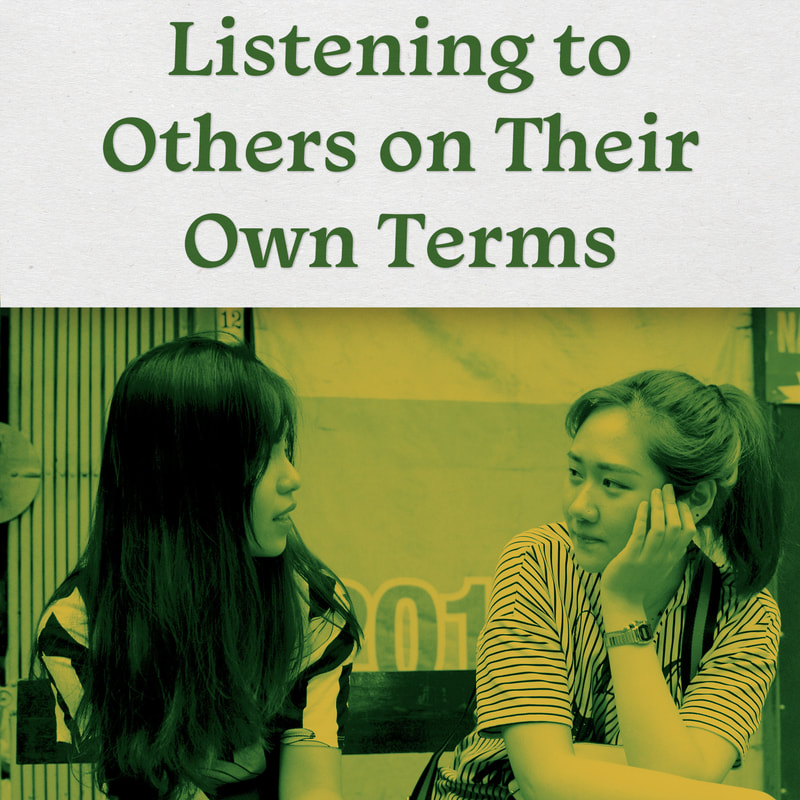
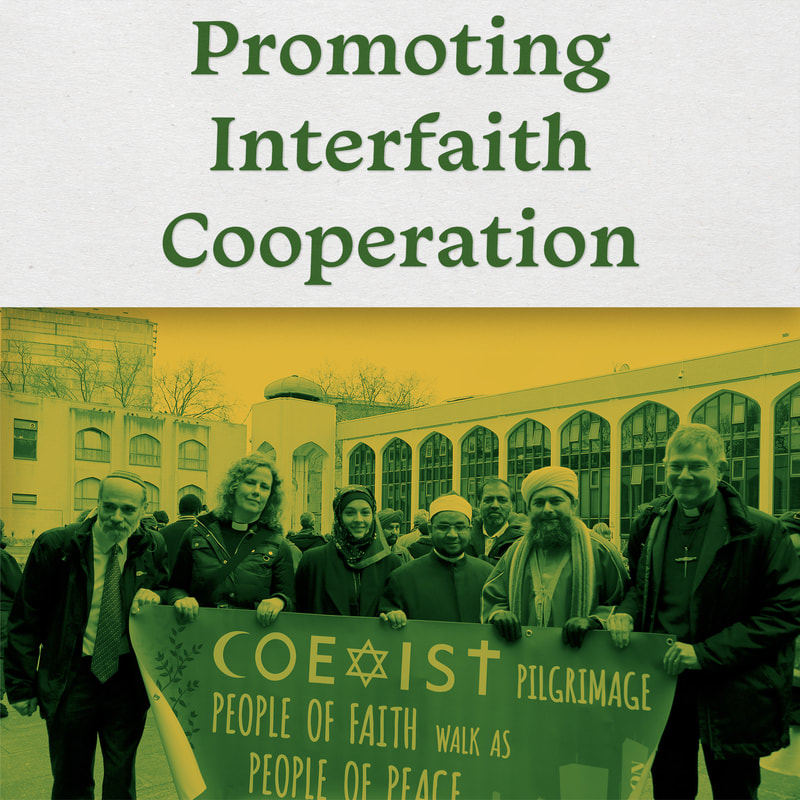
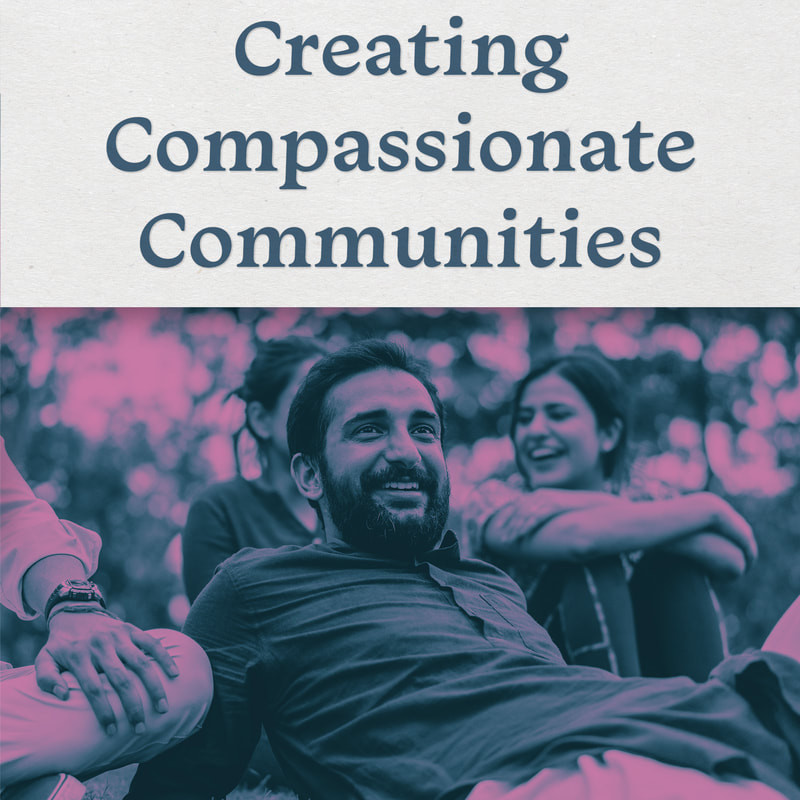

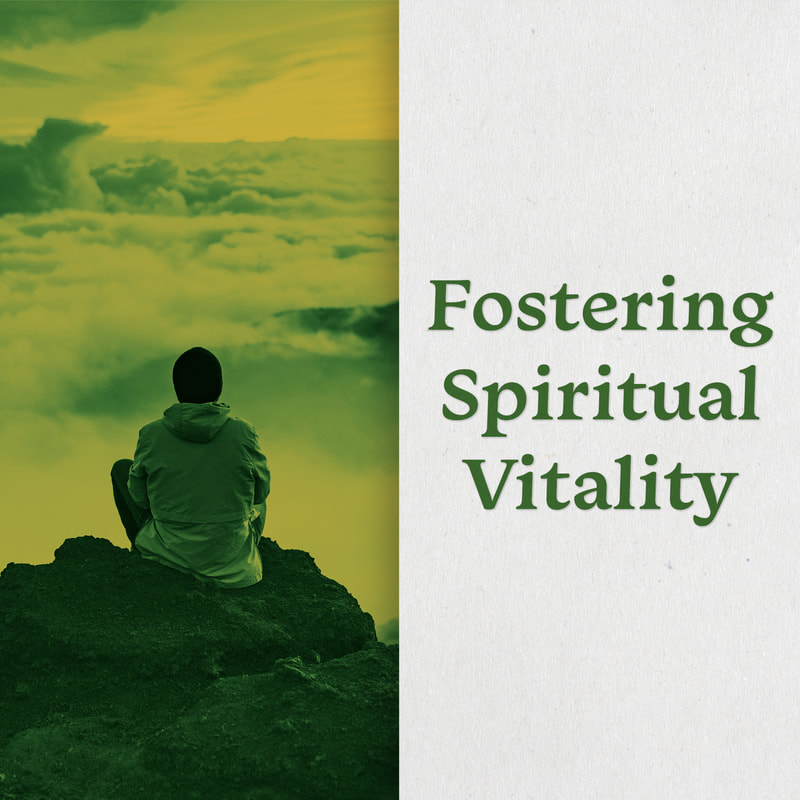
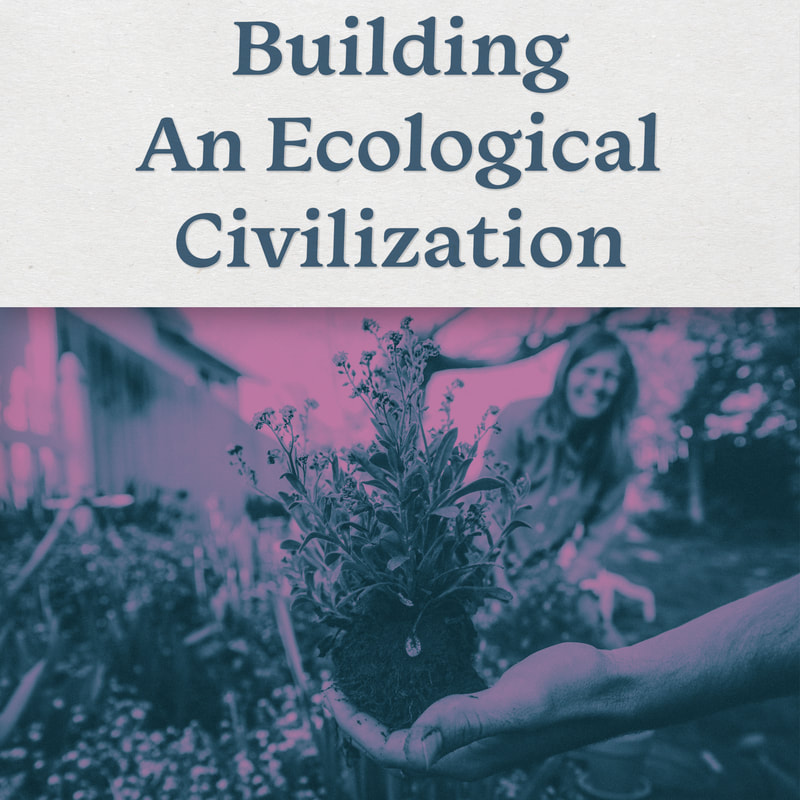
Process Worldview: - A Simpler Version
by Jay McDaniel
14 Process Transformations
by Jay McDaniel
Ecological Civilizations: Just & Compassionate Communities
The social ideal of process philosophy
Ecological civilizations are the world's best hope. We humans live within, not apart form, a larger web of life filled with value and beauty. Our responsibility is to care for the larger whole and for one another. The building blocks of ecological civilizations are local communities that are creative, compassionate, participatory, inclusive, diverse, humane to animals, good for the earth, and spiritually satisfying -- with no one left behind. The social aim of process thinkers is to help build these kinds of communities.
Here are some links to get started:
- Ecotheology in Theory and Practice (Jay McDaniel)
- The Radical Vision of Ecological Civilization (Andrew Schwartz)
- Five Foundations for an Ecological Civilization (John Cobb)
- Ten Ideas for Saving the Planet (John Cobb)
- Economic Justice and Process Philosophy (John Cobb and others)
- China's Ecological Civilization (Zhihe Wang)
- A Call to Deeper Places: The Owl as My Teacher (Nita Gilger)
- Goodbye, Earth: The Failure of "Adults" to Care for the Planet (Patricia Adams Farmer)
Beauty & Process Theology
by Patricia Adams Farmer
God in Process Theology
Four Aims of the Process Movement
please copy and share any as desired
no need for permission or citation
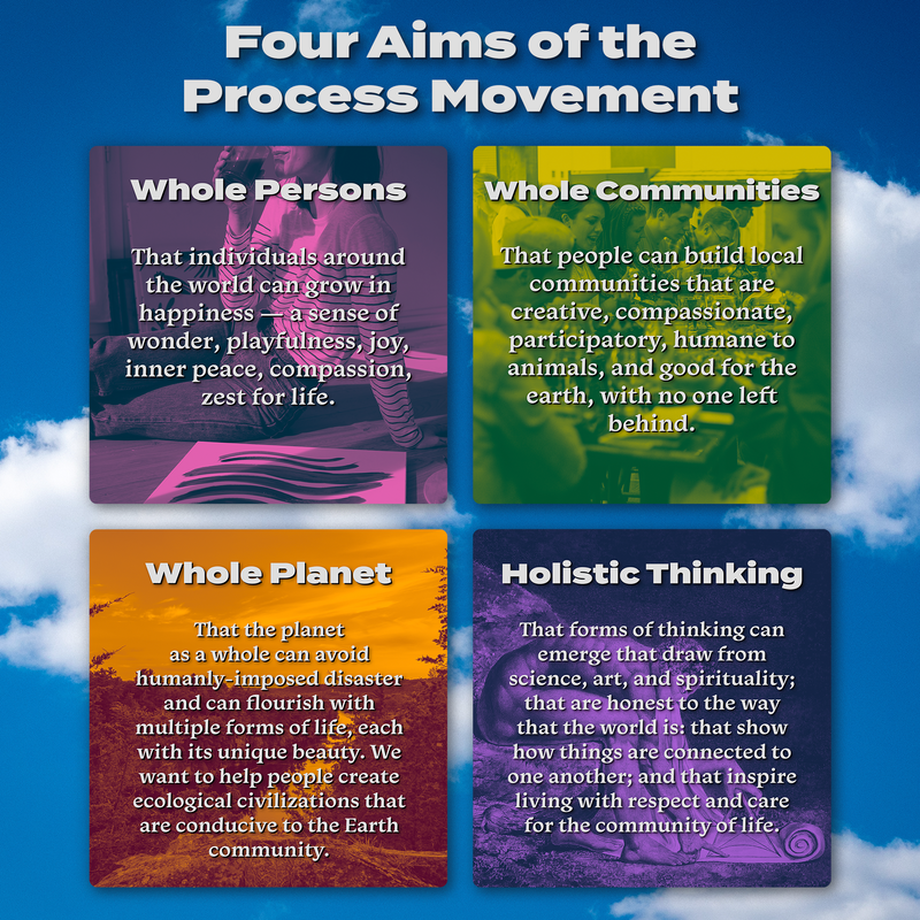
Process and Spirituality
by Jared Morningstar
Jewish Process Theology
Reflections from Rabbi Bradley Shavit Artson
Christian Process Theology
by Marjorie Hewitt Suchocki
Christian Process Theology
by Jeffery D. Long
A Miscellany of Recent Offerings
Process Thought: God
created and narrated by Hope Montgomery
Musician in Residence, Open Horizons
Snapshots
please copy and share any as desired
no need for permission or citation
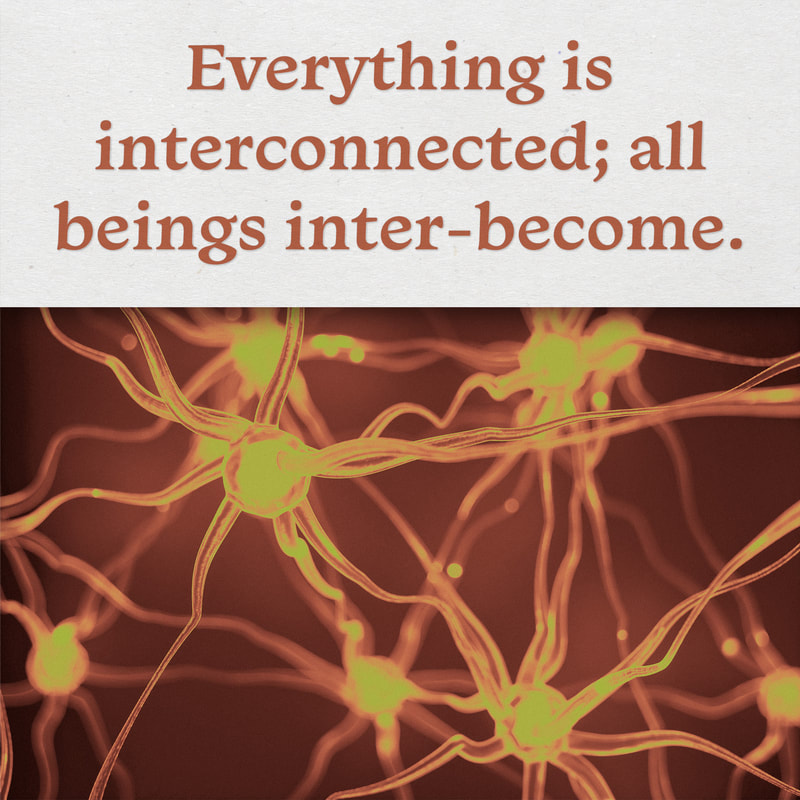
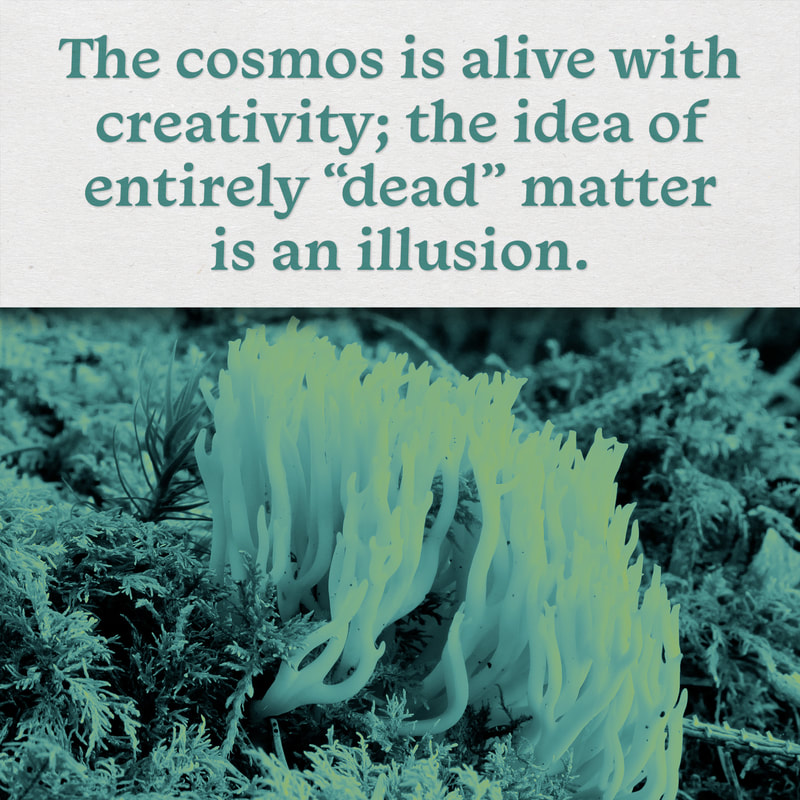
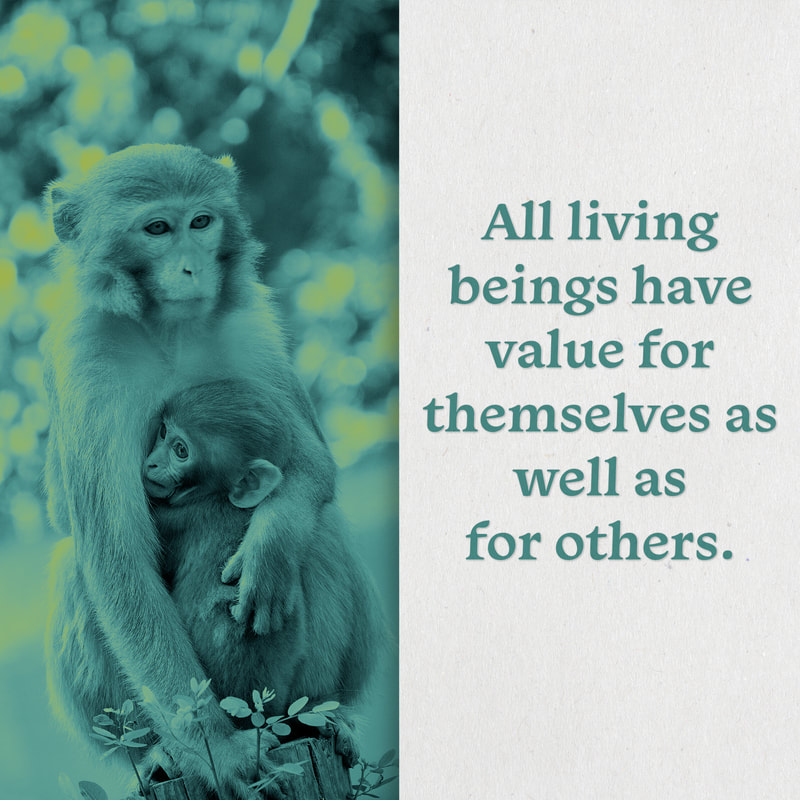
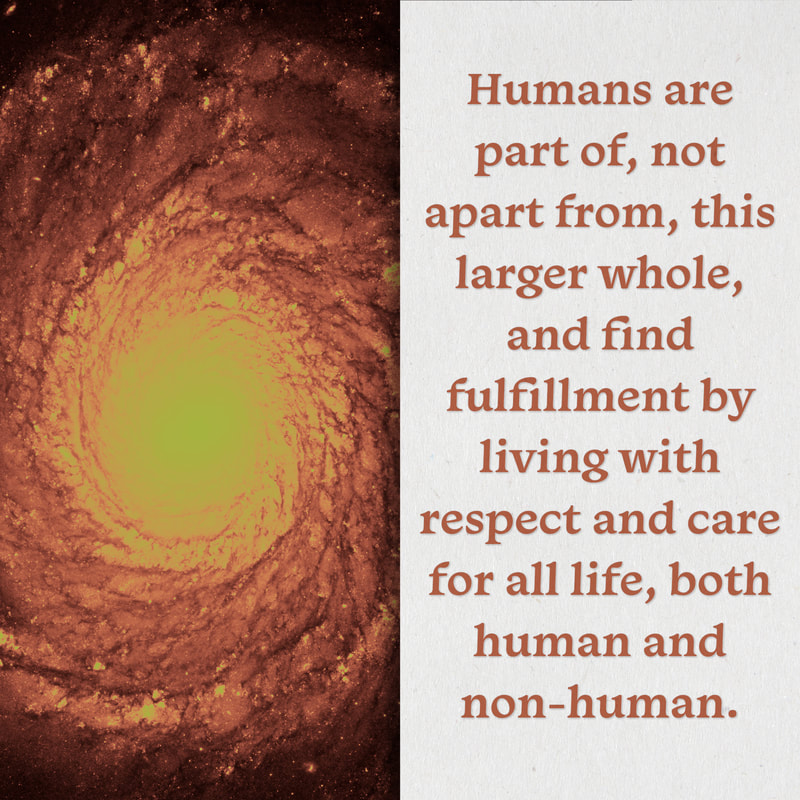
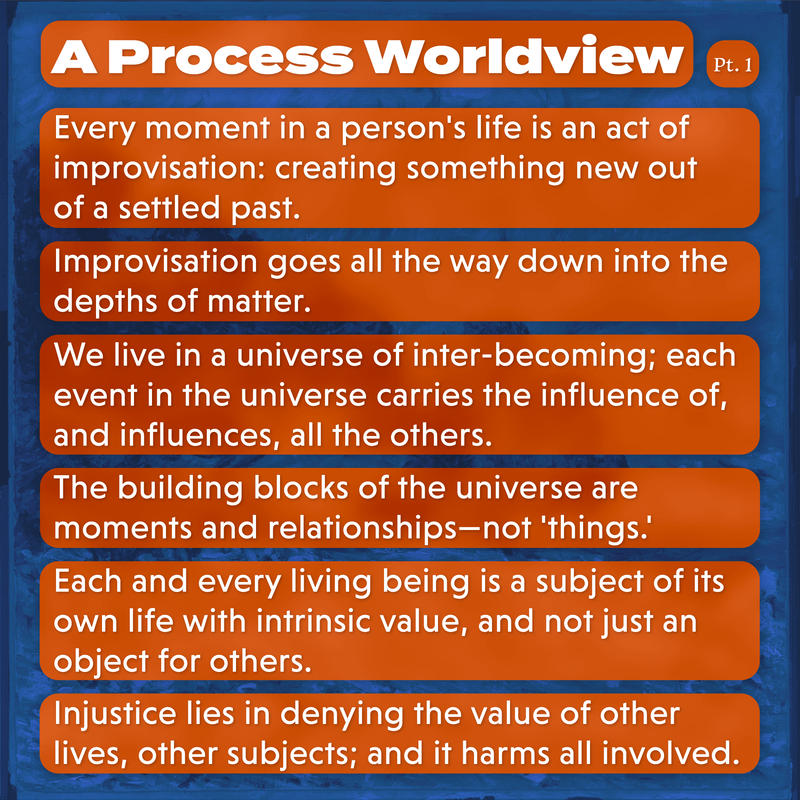
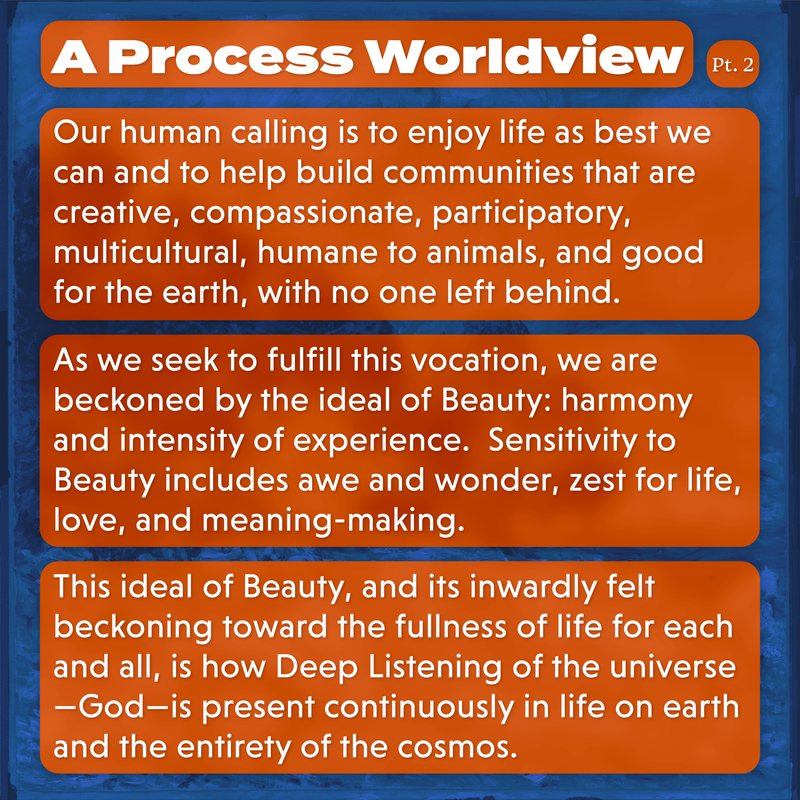

The Process Movement
Many people from around the world visit the site. They include viewers from Venezuela, Korea, Kenya, Canada, Germany, Philippines, Mexico, Botswana, Sweden, Turkey, England, Brazil, and the United States. And a few from mainland China, too, where the process movement is growing rapidly.
Some visitors are affiliated with one or another of the world's religions and some are spiritual independents. All are welcome.
The contributors to Open Horizons include artists, photographers, musicians, poets, clerks, accountants, farmers, theologians, and philosophers. They share many of the ideas and aims offered above, as understood in their own ways, and are committed to the practices, especially that of living with respect and care for life.
Open Horizons is part of the larger process community. If you would like to be part of the process community, help with its work, and contribute your own ideas, here are some ways:
- Join the Claremont Process Nexus.
- Support the The Center for Process Studies.
- Support the Institute for Ecological Civilization.
New to the Process World?
here are some pages that will help you get started
- Relationships as the Spiritual Web of our Lives (Frederic Brussat)
- Twenty Key Ideas in Process Thinking (Jay McDaniel)
- A Whole Universe of Stories (Patricia Adams Farmer)
- Beauty as a Spiritual Home (Patricia Adams Farmer)
- The Numinosity of Rocks (Patricia Adams Farmer)
- Whitehead, Jung, and Psychospiritual Wholeness (Sheri Kling)
- Whitehead Video Series (video series for people serious about reading Process and Reality)
- The Constellation of Process Theology (Bradley Artson)
- God Almighty? No Way! (Bradley Artson)
- Can a Muslim be a Panentheist? (Farhan Shah)
- Whitehead's Theory of Value (John Cobb)
- Emotional Intelligence and Embodied Wisdom: The Spiritual Side of Process Thinking
- The New Process Theology: International, Multireleligious, Practical, Theopoetic (Jay McDaniel)
- Building Ecological Civilizations: The Practical Side of Process Thinking
- China's Ecological Civilization: Our Common Great Opportunity (Zhihe Wang)
- A Biologist Looks at Process Thought (Charles Birch)
- Comparing Whitehead and Chinese Thought (Jay McDaniel)
more snapshots
Created by Susannah Stubbs
Artist in Residence, Open Horizons
please copy and share any as desired
no need for permission or citation
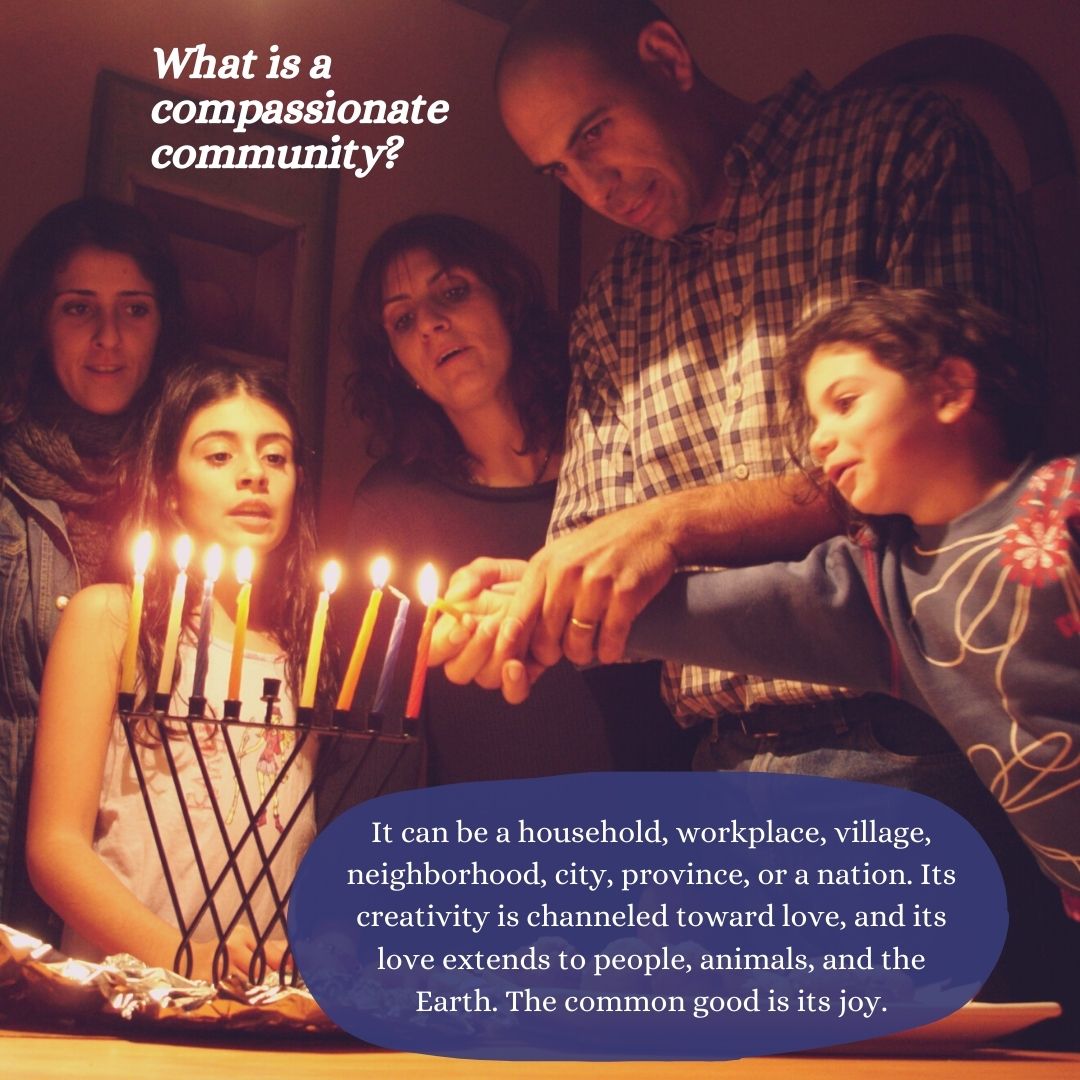
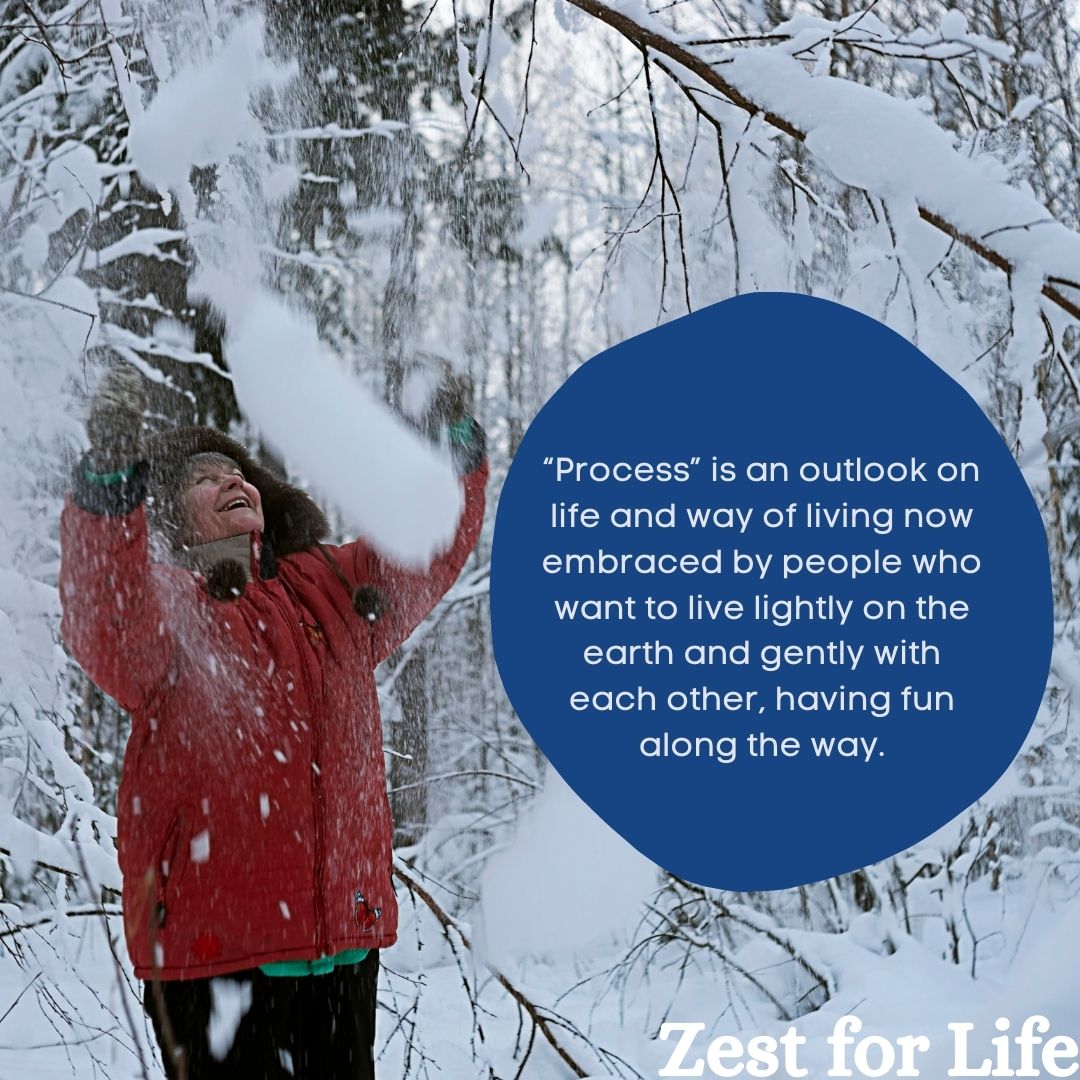
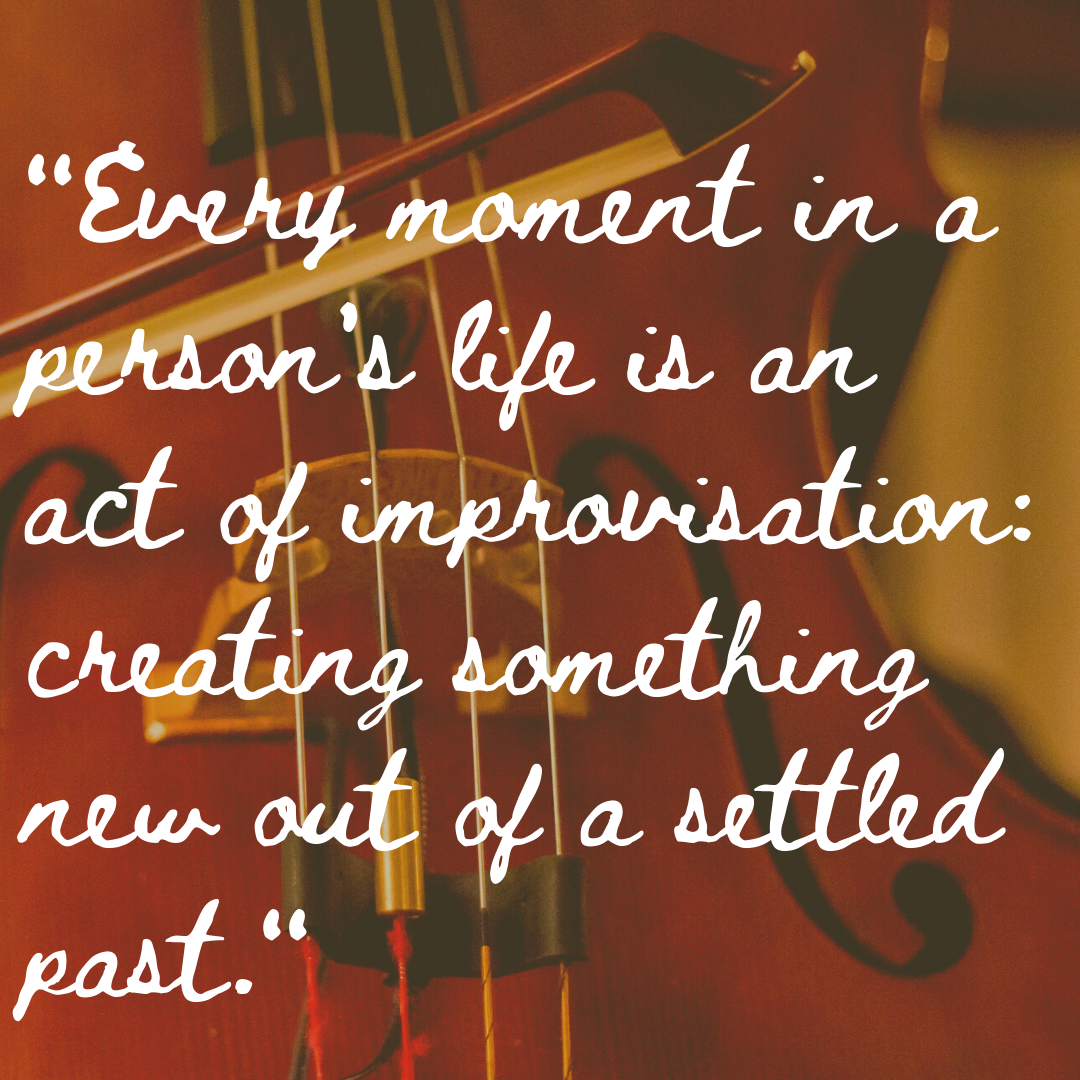
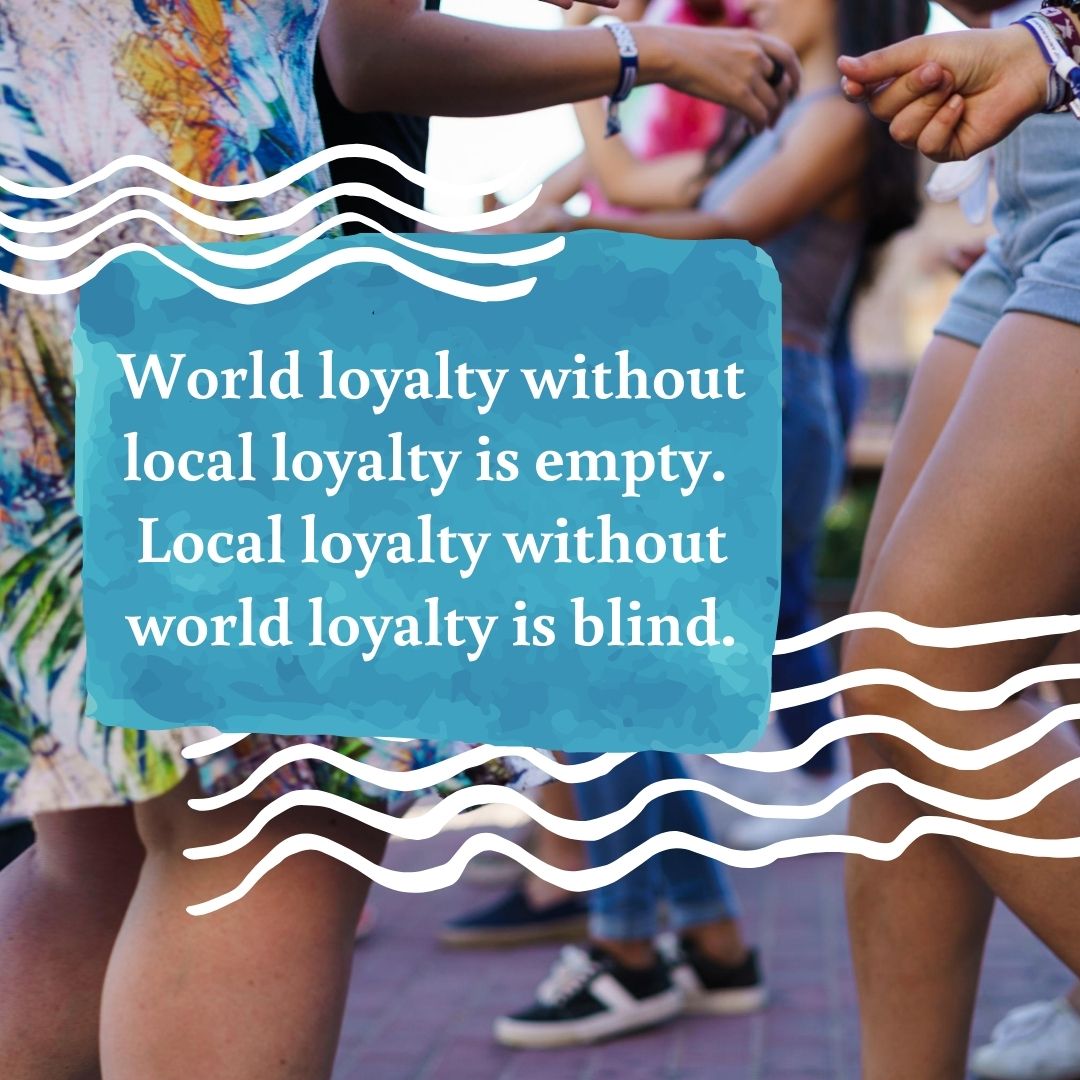
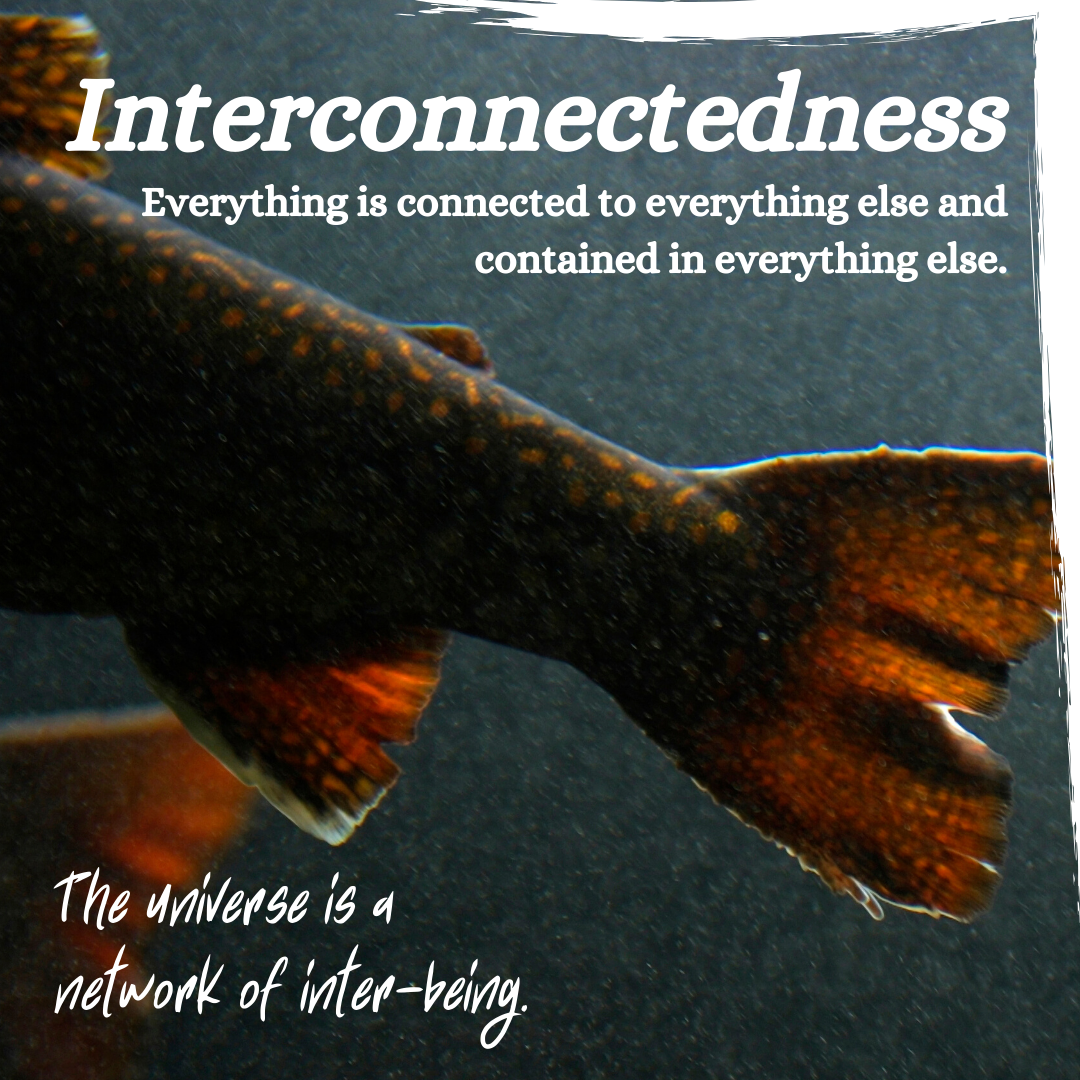
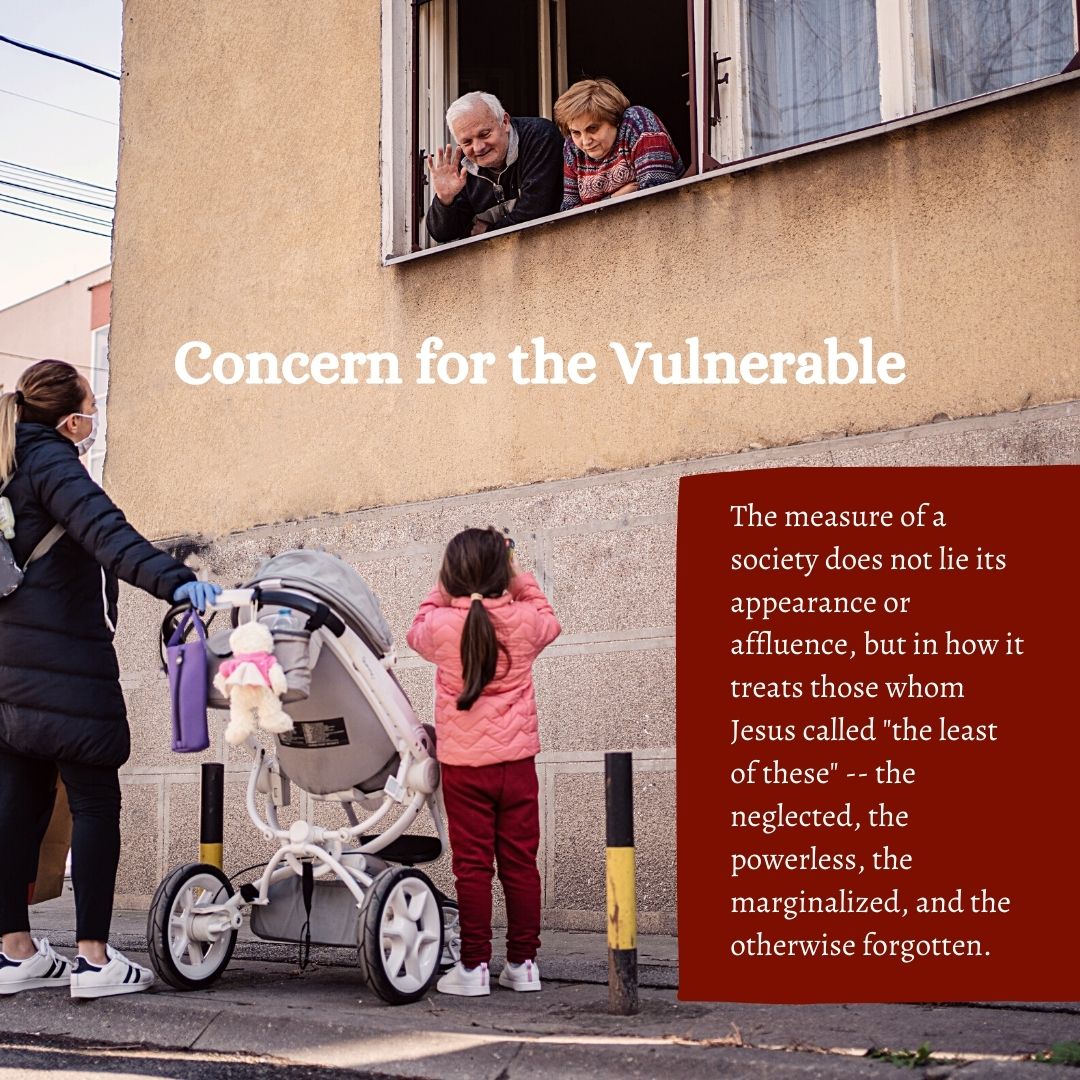
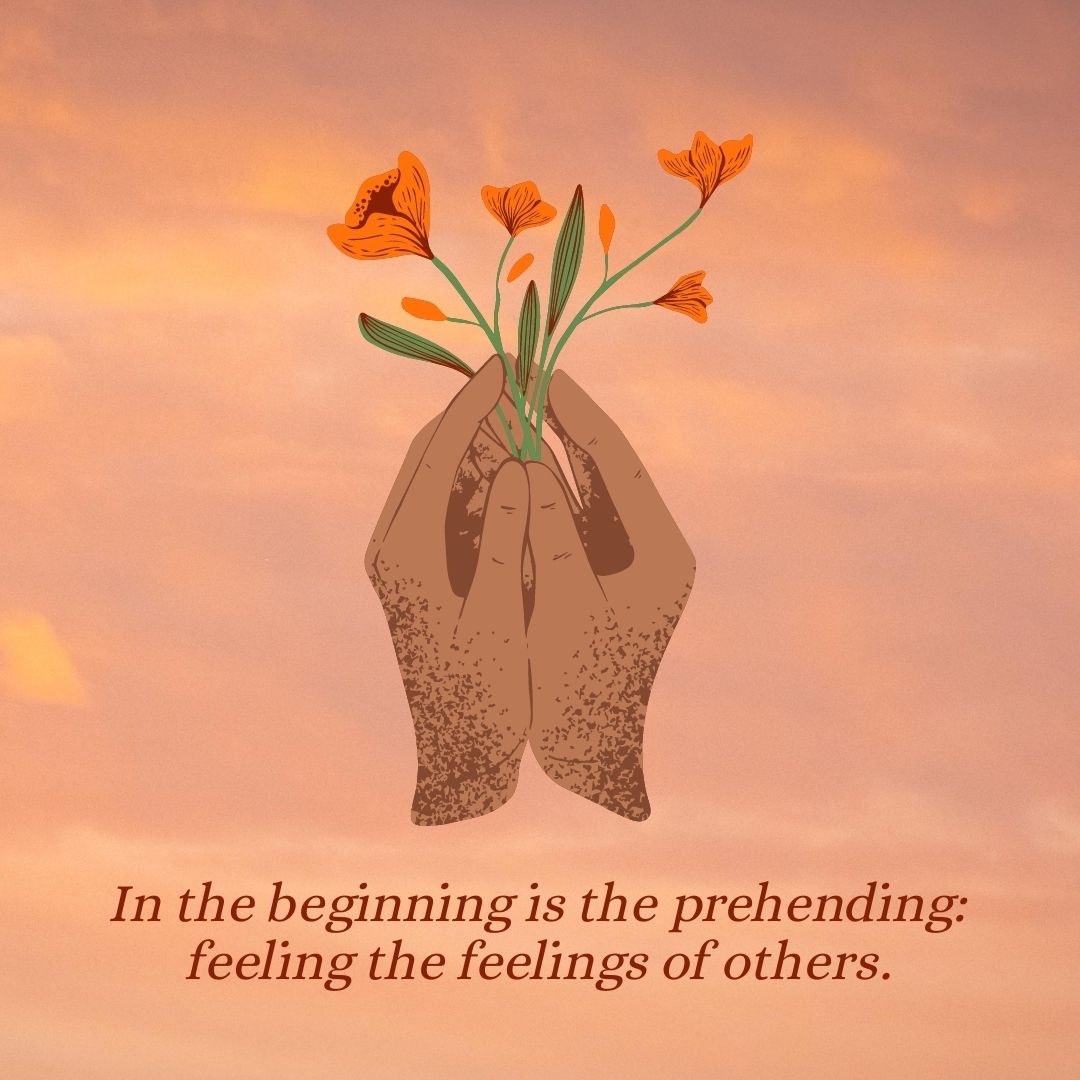
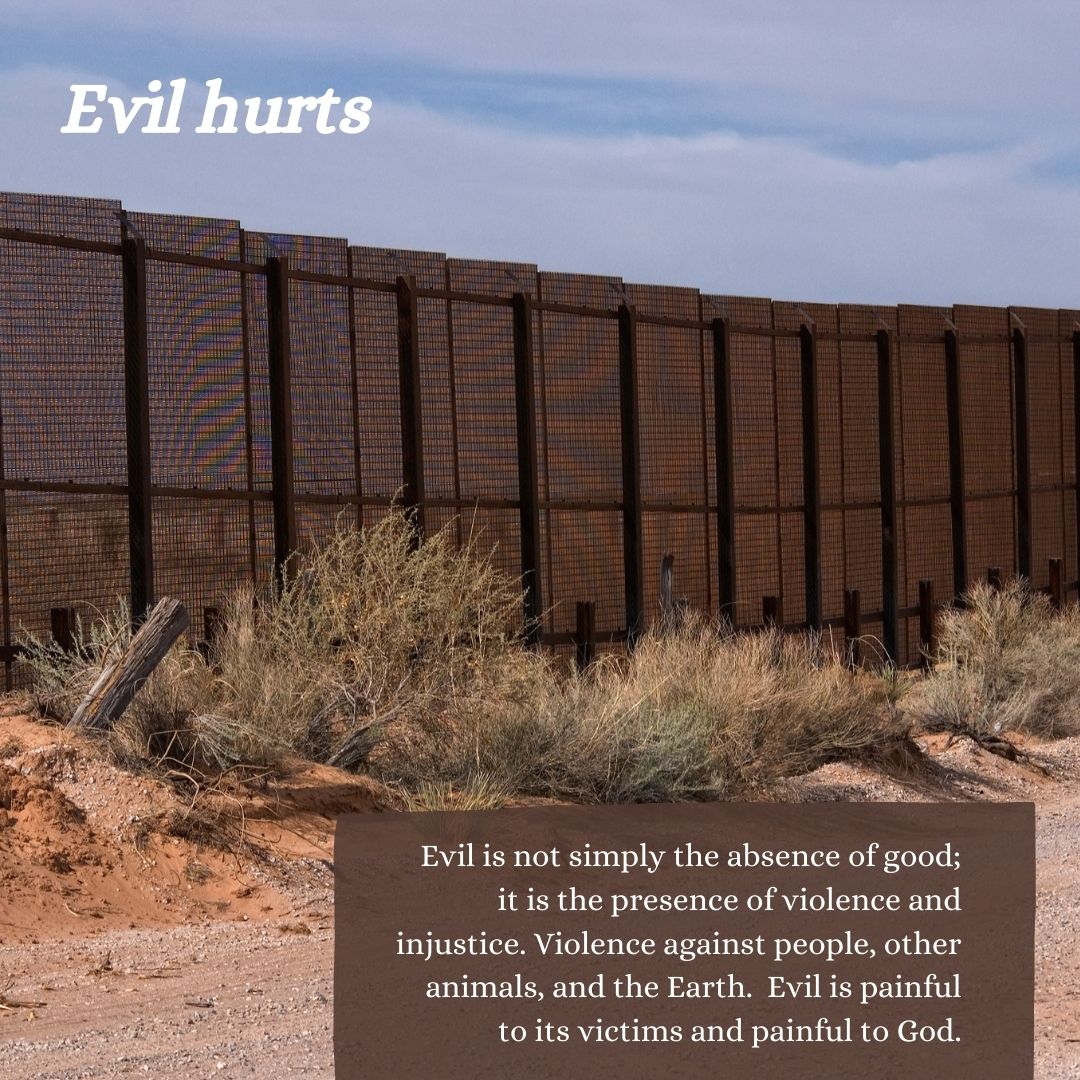
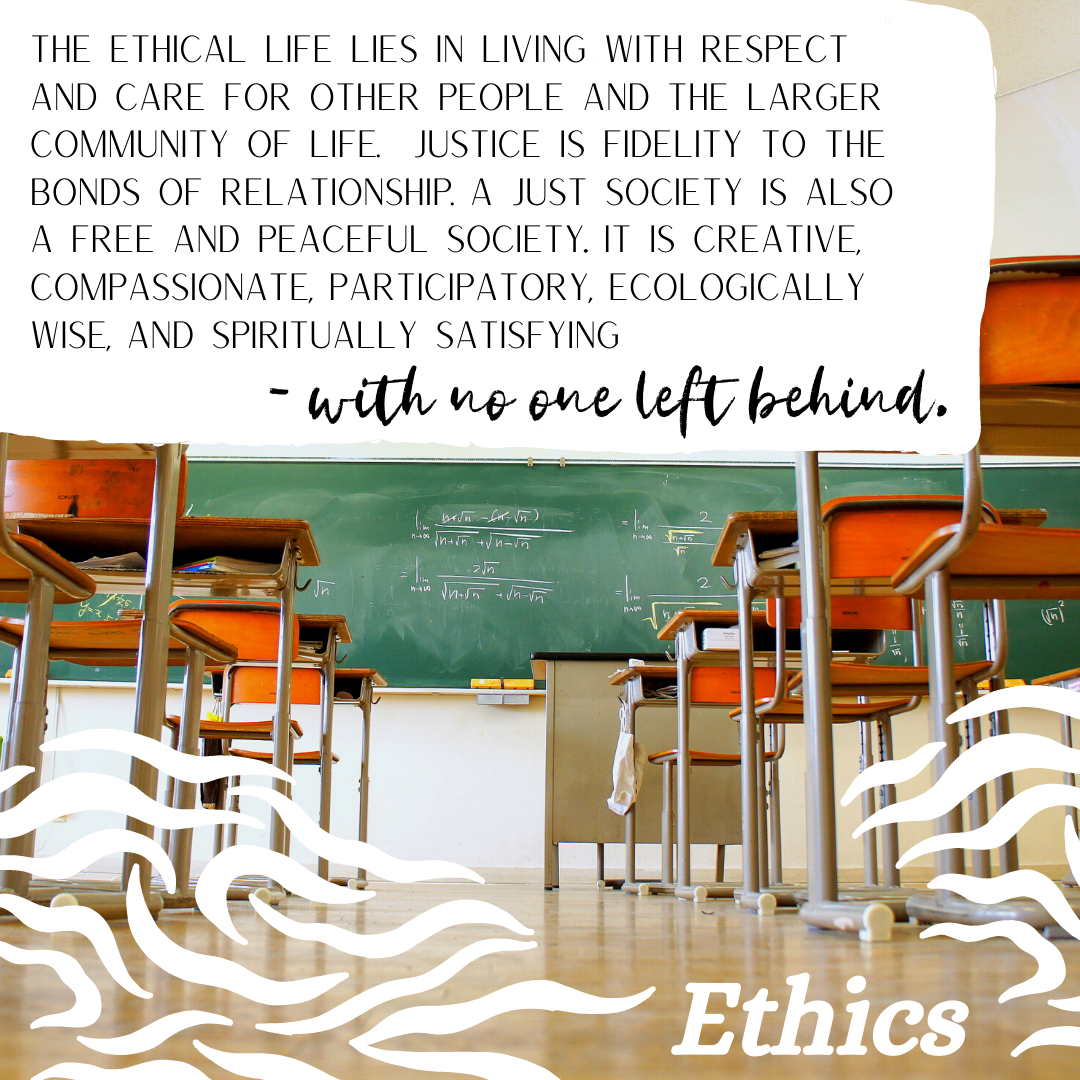
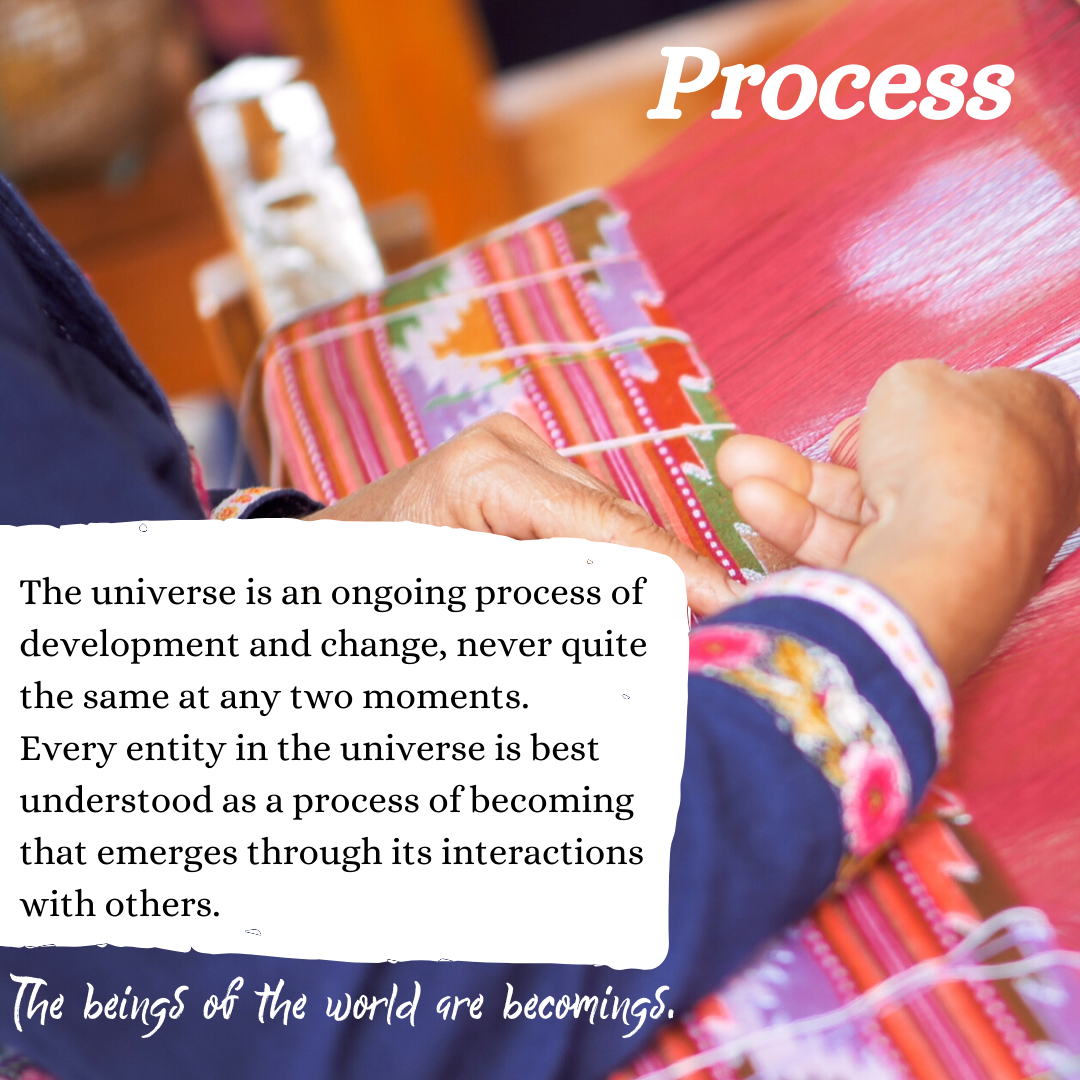
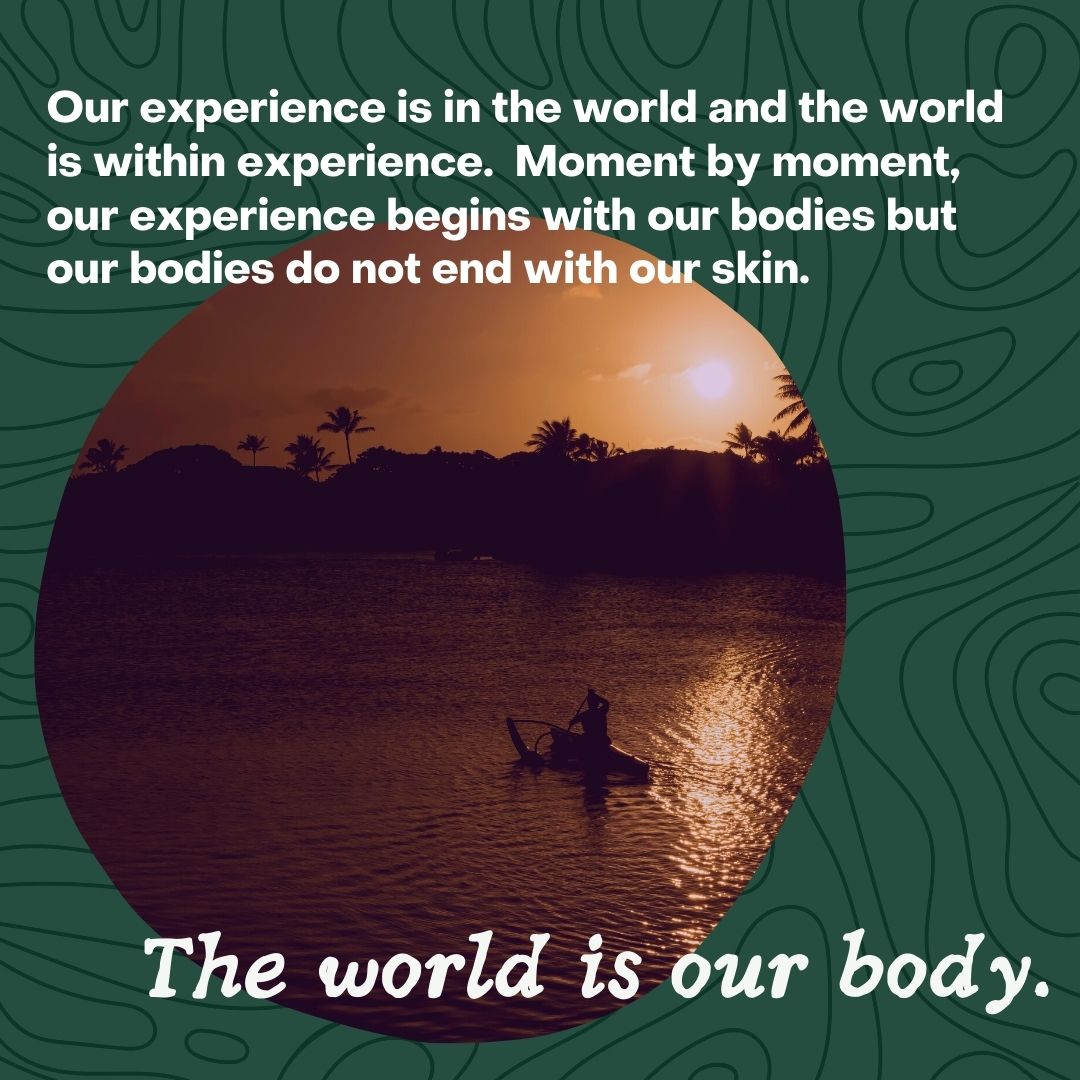
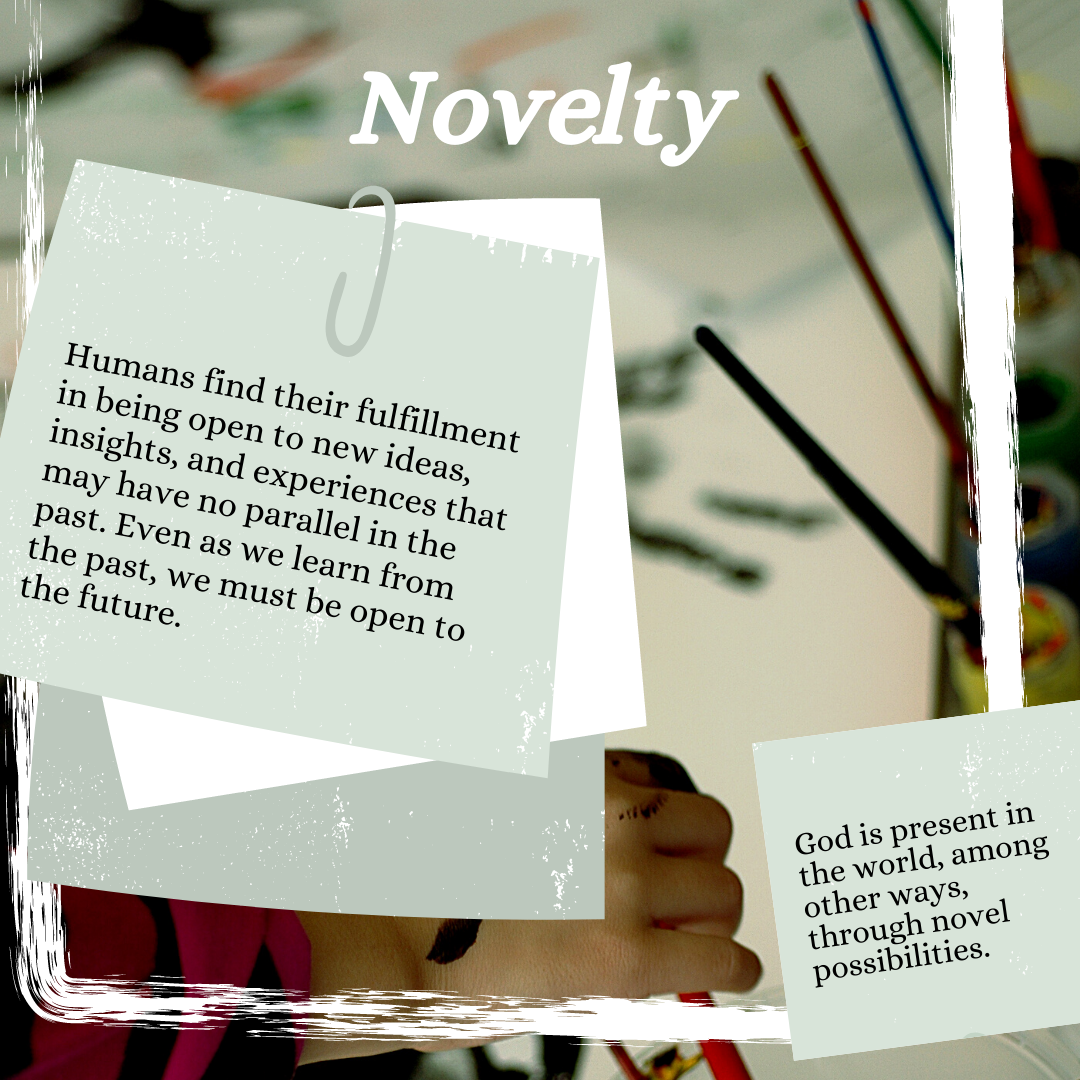
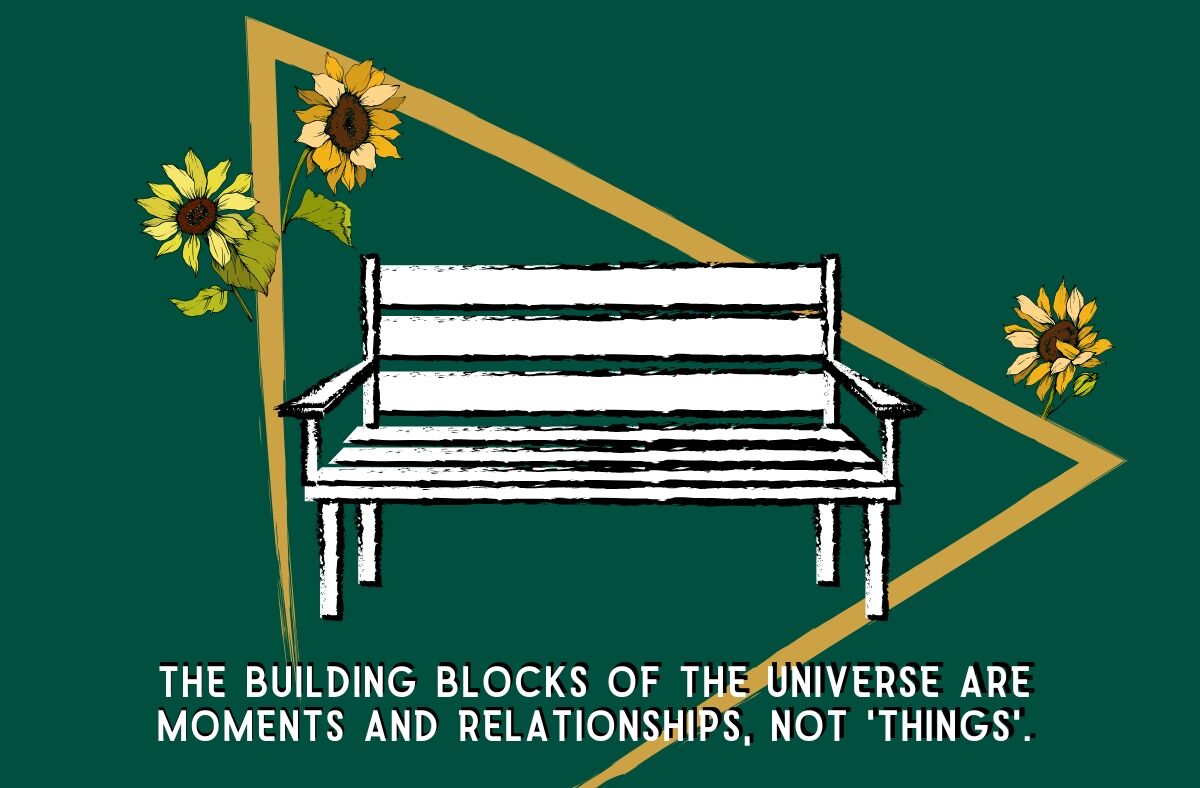
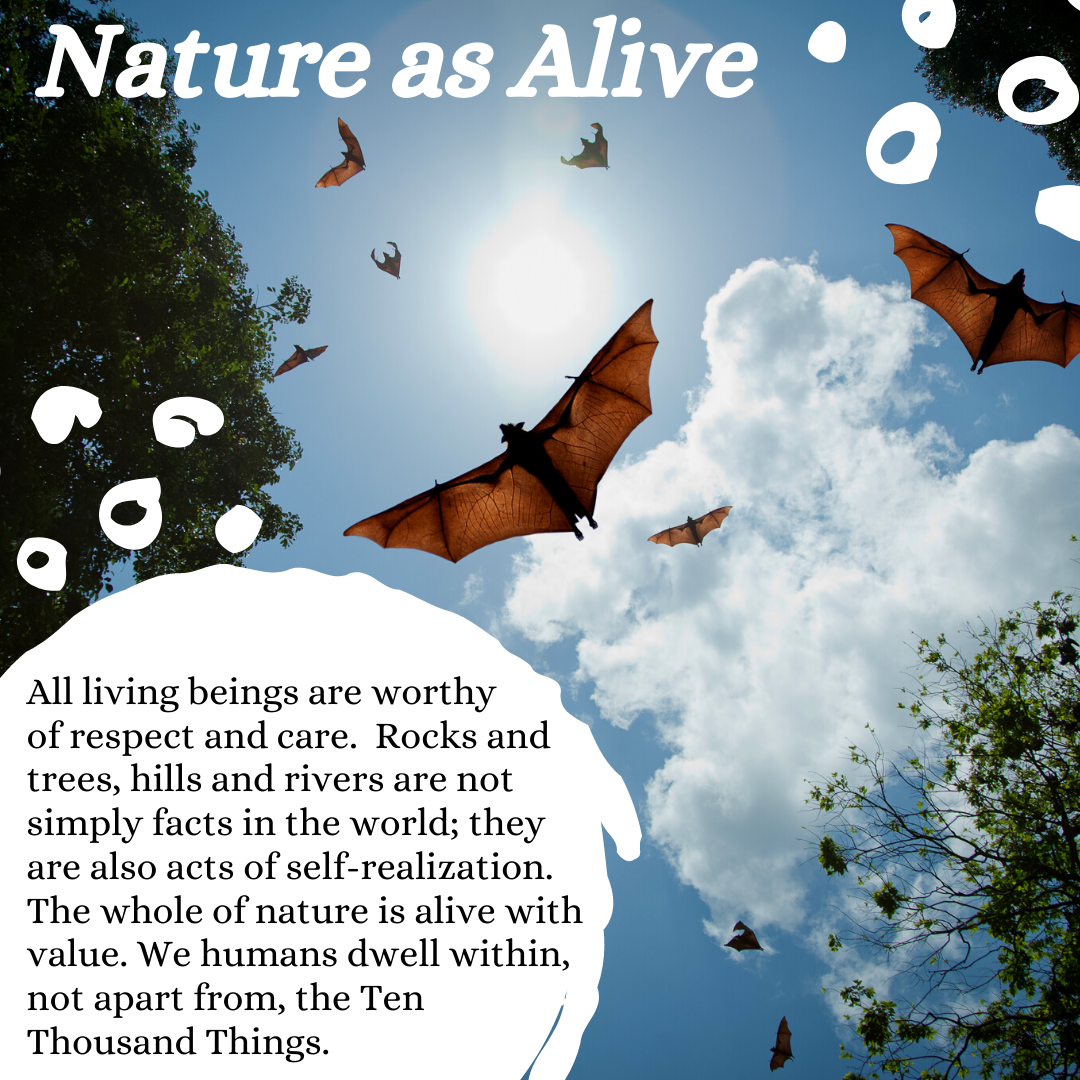
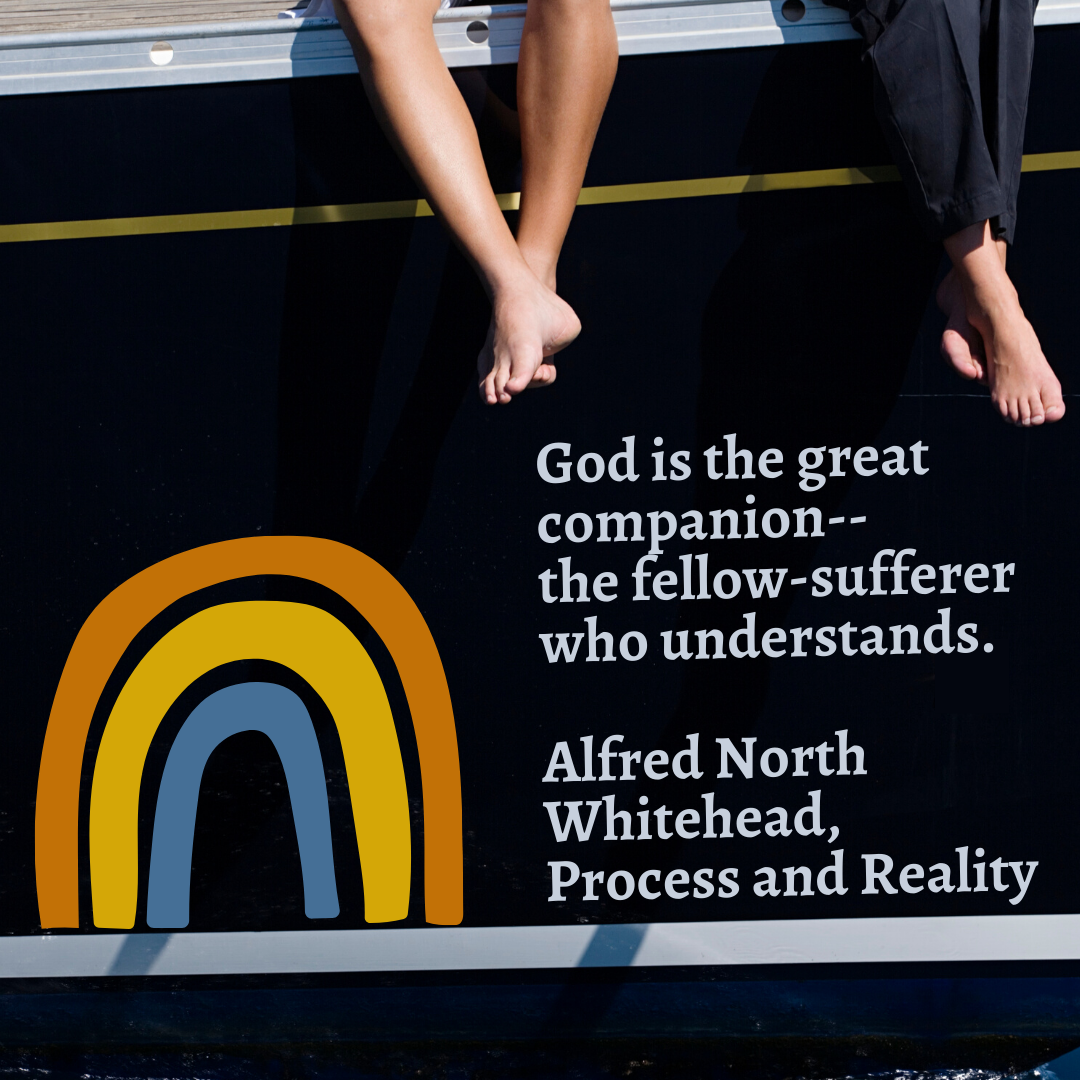
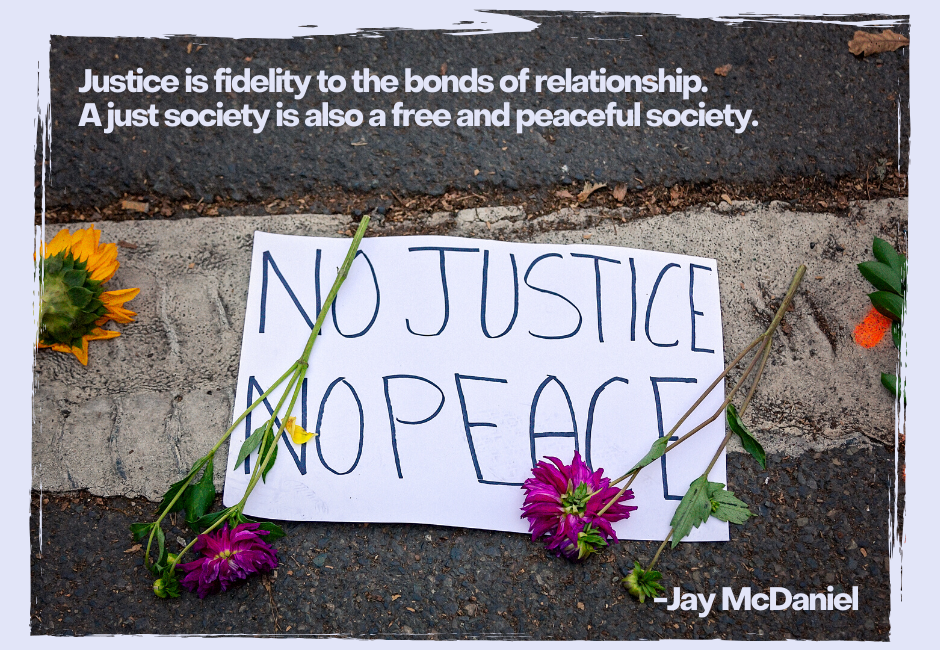
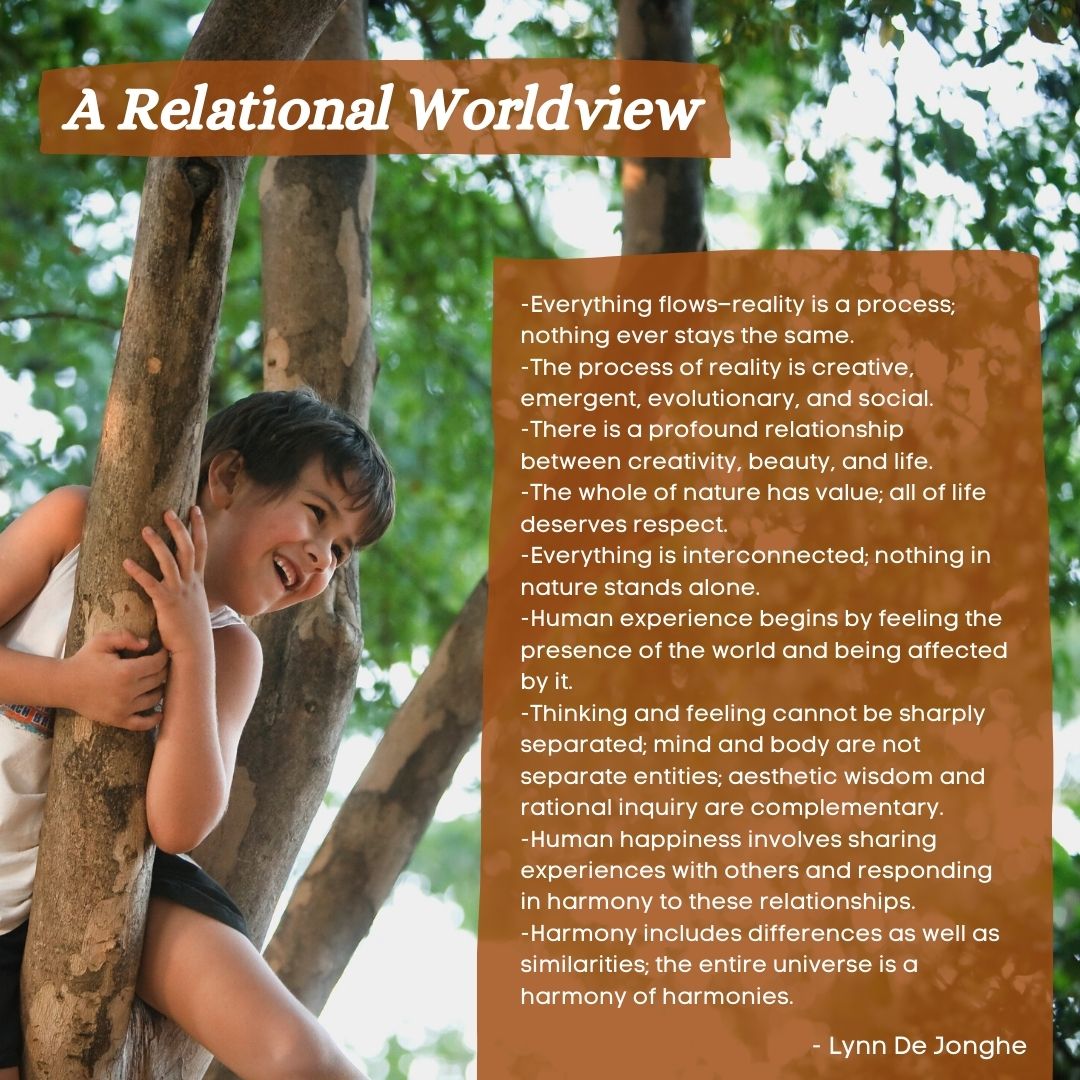
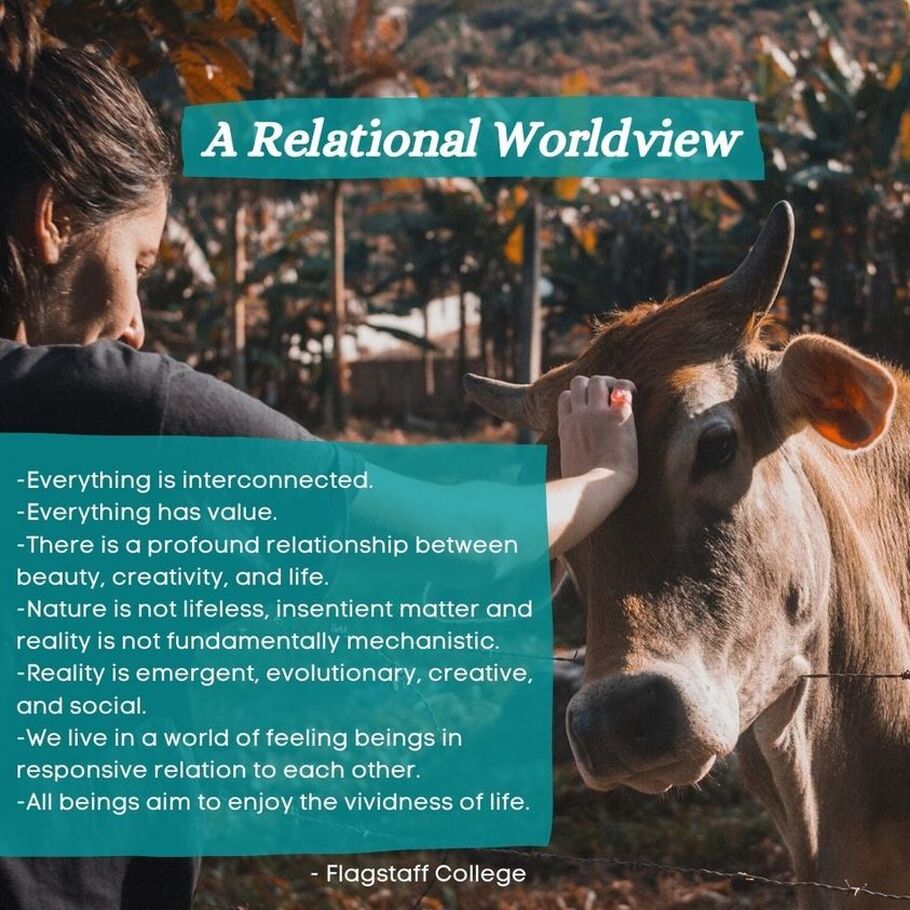
Windows into Open Horizons
navigating the website
subjects
ART, MUSIC, AND LITERATURE
REFLECTING ON BIG QUESTIONS
SPIRITUALITY AND PRACTICE
WHITEHEAD'S PHILOSOPHY
SOCIAL JUSTICE AND ECONOMICS
GOD AND PANENTHEISM
MYSTICISM: EIGHT FORMS
MISCELLANY FOR THE CURIOUS MIND
PROCESS AND BUDDHISM
ECOLOGICAL CIVILIZATION
INTERFAITH EXPLORATIONS
SCIENCE: BIOLOGY AND PHYSICS
EAST-WEST EXPLORATIONS
ANIMALS AND SPIRITUALITY
TRANSPERSONAL PSYCHOLOGY
PROCESS IN CHINA
MENTAL HEALTH
PEOPLE'S STORIES
FOOD AND FOOD CULTURE
GENE REEVES
TRISTAN NORMAN
JOANNA CAMPBELL
writers
PATRICIA ADAMS FARMER: ESSAYS
FARHAN SHAH: ESSAYS ON ISLAM
JOHN B. COBB, JR.: ESSAYS
JEA SOPHIA OH: ESSAYS ON KOREA
PAUL INGRAM: ESSAYS
VIVIAN DONG: ESSAYS
ANDREW SCHWARTZ
BANGXIU XIE
MARILYN BILES: ART
SOPHIA SAID
MICHAELENE MILLER
SAM COKER
PHILIP FLETCHER
BRADLEY SHAVIT ARTSON: ESSAYS
TERI DAILY: ESSAYS ON CHRISTIANITY
ISLAM: ADIS DUDERIJA
ZHIHE WANG AND MEIJUN FAN: ESSAYS ON CHINA
NITA GILGER: ESSAYS
BOB MESLE: ESSAYS
BRUCE EPPERLY: ESSAYS
MARJORIE SUCHOCKI
PAT BRENTANO: ART
SHERI KLING
FREDERIC BRUSSAT
LES MURAY
FARHAN SHAH: ESSAYS ON ISLAM
JOHN B. COBB, JR.: ESSAYS
JEA SOPHIA OH: ESSAYS ON KOREA
PAUL INGRAM: ESSAYS
VIVIAN DONG: ESSAYS
ANDREW SCHWARTZ
BANGXIU XIE
MARILYN BILES: ART
SOPHIA SAID
MICHAELENE MILLER
SAM COKER
PHILIP FLETCHER
BRADLEY SHAVIT ARTSON: ESSAYS
TERI DAILY: ESSAYS ON CHRISTIANITY
ISLAM: ADIS DUDERIJA
ZHIHE WANG AND MEIJUN FAN: ESSAYS ON CHINA
NITA GILGER: ESSAYS
BOB MESLE: ESSAYS
BRUCE EPPERLY: ESSAYS
MARJORIE SUCHOCKI
PAT BRENTANO: ART
SHERI KLING
FREDERIC BRUSSAT
LES MURAY
 |
| Photo: Susannah Stubbs |
Interfaith Cooperation
growing in religious literacy and
engaging in interfaith cooperation
as an open and relational practice
We encourage growing in religious literacy as a beginning, but not an end, to what is most important: interfaith cooperation.
We in the "process" world believe that friendships with people of other faiths, combined with joint projects aimed at helping bring about just, sustainable, and joyful communities, are what is most important.
Still, a degree of religious literacy is very important and a worthy aim. Very few people in the world are religiously literate in a complete sense; the very process of growing in such literacy is a lifelong endeavor and, for some, a spiritual practice. Let this page help you take first steps.
Click on the links to the left and you will be taken to the best resource you can find for understanding the world's religions today: On Common Ground from The Pluralism Project at Harvard University. These are the multiple "faiths" which can be an important part of a relational culture and community. Process philosophy offers a way of appreciating the best in each tradition and articulating the traditions from the inside, by those who practice them.
an interfaith spiritual alphabet
For us "spirituality" is embodied cognition and emotional intelligence in everyday life. In the wheel of spirituality below, you will find thirty seven qualities of heart and mind that are part of spirituality. We borrow the list from one of our partner organizations: Spirituality and Practice. In the essays on the left, Patricia Adams Farmer and Jay McDaniel offer interpretations of some of the letters.
"A" is for Attention
"B" is for Being Present
"B" is for Beauty
"C" is for Compassion
"C" is for Connections
"D" is for Devotion
"E" is for Enthusiasm
"F" is for Faith
"F" is for Forgiveness
"G" is for Grace
"G" is for Gratitude
"H" is for Hope
"H" is for Hospitality
"I" is for Imagination
"J" is for Joy
"J" is for Justice
"M" is for Meaning
"P" is for Play
"S" is for Silence
"T" is for Transformation
"U" is for Unity
"V" is for Vision
"W" is for Wonder
"X" is for Mystery
"Z" is for Zeal (Zest for Life)
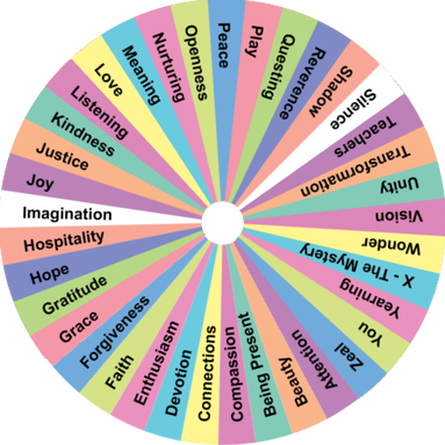
Guidelines for Interfaith Cooperation
interfaith advice column
- What is the role of a Muslim Philosopher in a Pluralistic Age? (Ask a Muslim philosopher)
- Can communities be spiritual, too? (Ask a Christian priest)
- Can a Muslim be a Panentheist? Question to a Muslim Philosopher ((Ask a Muslim philosopher)
- Is it alright to be spiritual but not religious? (Ask a Rabbi)
- Is it alright to think new thoughts? (Ask a Muslim Philosopher)
- Is violence part of my True Self? Ask a Zen Teacher (Ask a Zen teacher)
- Is it alright to be a pretty orthodox Christian with process leanings? (Ask a Christian priest)
- Is it alright to be gay and Christian? (Ask a Christian priest)
- Is it alright not to know who you are? (Ask a Single Buddhist Dad)
- How might I raise my daughter as Muslim? Ask a Muslim Mother (Ask a Muslim mother)
- How can I explain Non-Attachment to my Non-Buddhist Husband (Ask a Zen Teacher)
- How can I be a spiritual writer? (As a Process novelist)

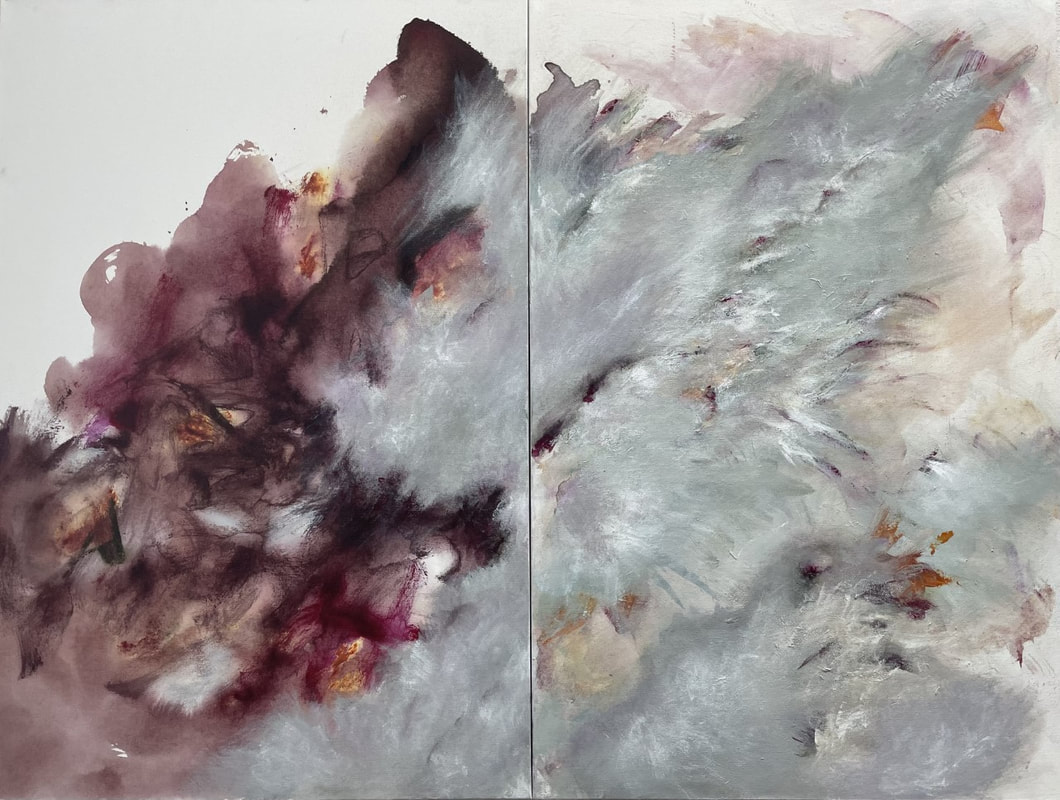
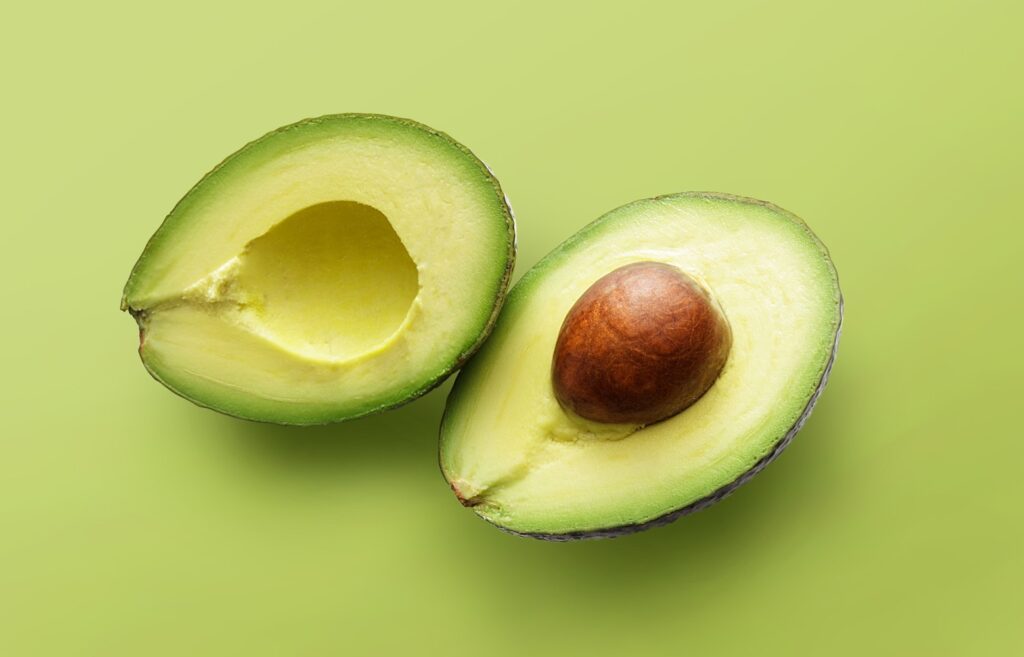
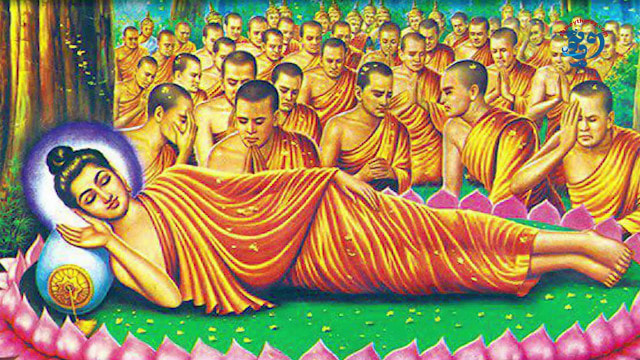
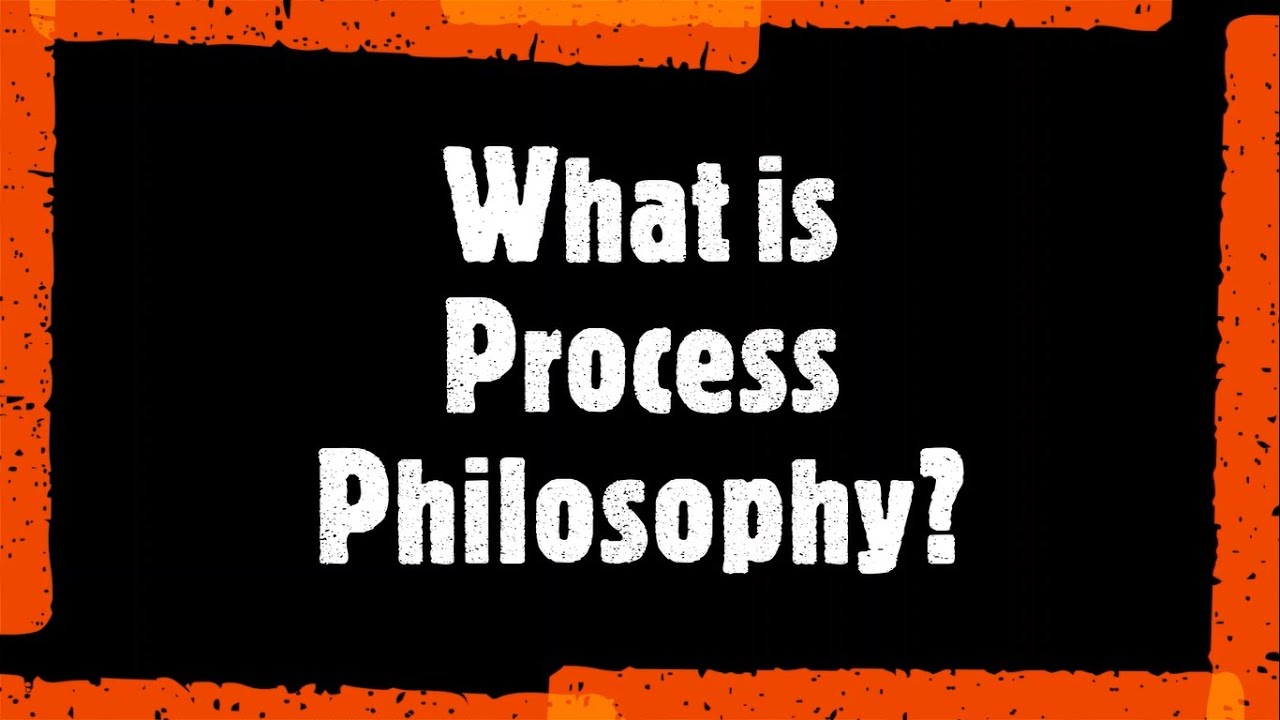
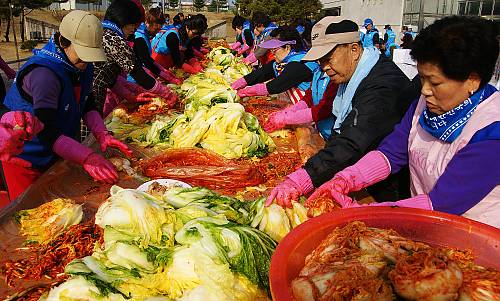

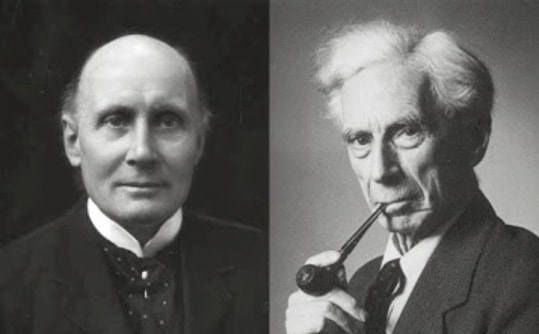
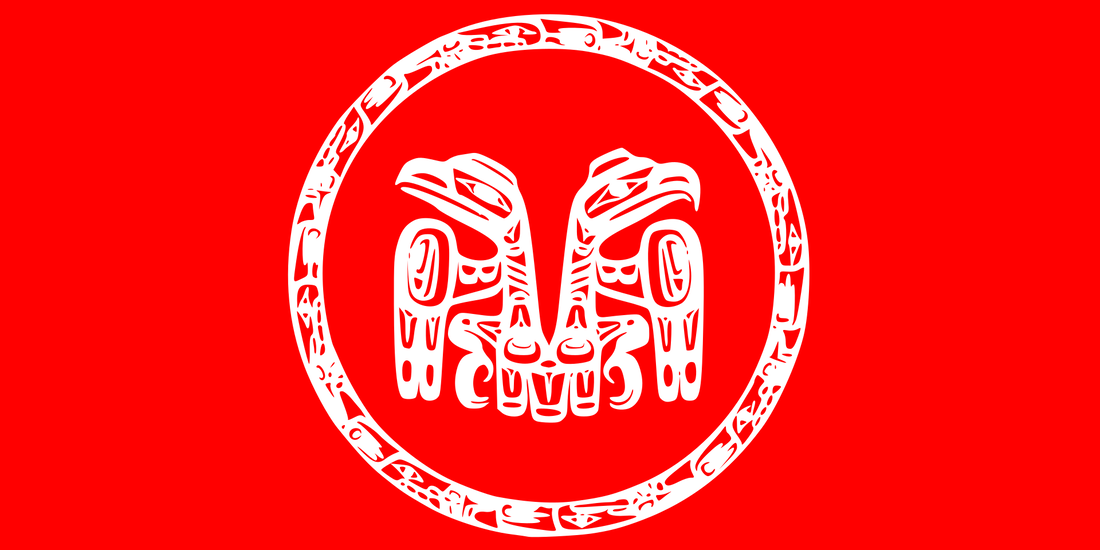

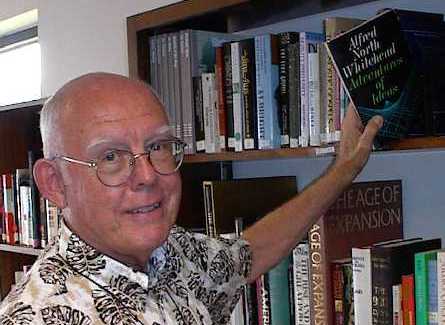
No comments:
Post a Comment